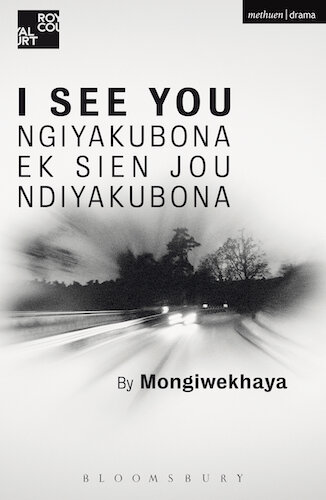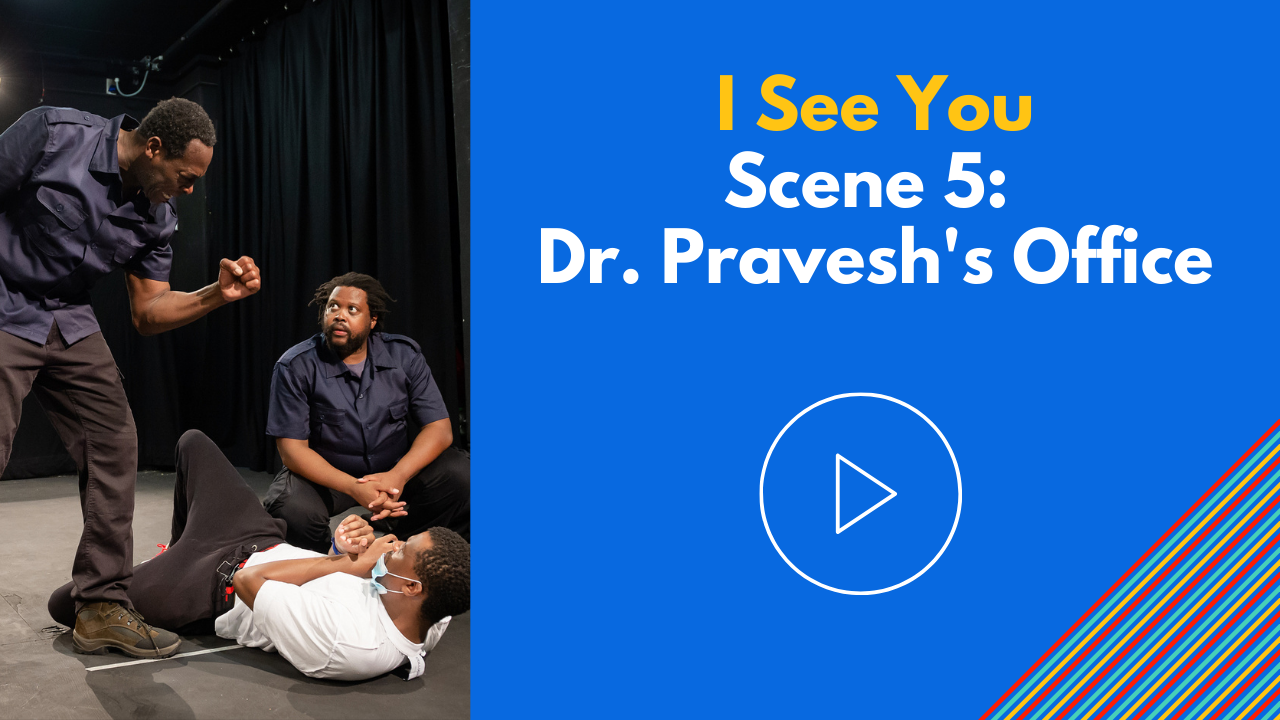I See You
By Mongiwekhaya
Genre: Realism (with an aura of Psychedelic Noir)
Key Scenes: Scene 6 (3M); Scene 10 (2M); Scene 12 (3M, 1F)
Number of characters: 8 (5M, 3F)
Age recommendation: 14+ (depicting physical violence and use of strong language)
Country: South Africa
Original languages: Afrikaans, Zulu, Xosa, South African English
Description:
In post-apartheid Johannesburg, South Africa, Buthelezi, struggling with a messy divorce, prepares for a busy night shift as a police officer. Meanwhile, Ben, a young student who doesn’t know his own history meets Skinn and they hit it off. Buthelezi encounters Ben on his shift and arrests him. Skinn is left to deal with her ex-boyfriend, James, who can’t let their relationship go. As the night progresses, Ben and Bethelezi help each other figure out who they really are and how to find their voice in their own language.
The play is based on a real encounter.
I See You was presented at the Jerwood Theatre Upstairs - Royal Court as part of International Playwrights: A Genesis Foundation Project. It was developed during the Royal Court’s new writing project in South Africa which began in 2013. The project was supported by the British Council and Connect ZA. Noma Dumezweni made her directorial debut and after its run in the Jerwood Theatre Upstairs, I See You played at the Market Theatre Johannesburg.
This play was originally written in English, with inserts of Afrikaans, Zulu and Xhosa. The title was translated in all those languages as well – I SEE YOU (English) NGIYAKUBONA (Zulu) EK SIEN JOU (Afrikaans) NDIYAKUBONA (Xhosa).
Videos
+ DETAILS
Play Title in Original Language: I See You (English) NGIYAKUBONA (Zulu) EK SIEN JOU (Afrikaans) NDIYAKUBONA (Xhosa)
Author(s): Mongiwekhaya
Publisher: Bloomsbury, 2016
World Premiere (in the Engl. lang.): Royal Court Theatre, London, UK, 2016
Essay Writer: Mongiwekhaya
Education Pack Resource Writer: Almiro Andrade
Filmed excerpt director: Anthony Simpson-Pike
+ CHARACTERS
SOMANDLA ‘BEN’ MTHOMBENI 19 years old, Born in South Africa, raised in America, currently in second year of studies at Wits University.
MELISIZWE BUTHELEZI 55 years old, ex-MK soldier, currently a sergeant of the South African police department. Currently going through a messy divorce and unable to move on.
YVETTE ‘SKINN’ SKINNER 17 years old, but tells everyone she is 18. A totally Zef Afrikaner girl, Skinn recently left her boyfriend JAMES and is in need of a place to stay.
ZULU MASINGA 30 years old. Masinga is more interested in what he can gain financially.
JAMES 27 years old. He is recently dumped by Skinn, which does not sit well with him.
SIPHOKAZI “S’POGI” SHABANGU 57 years old. Ex-MK soldier turned cop who expects to move up in the police ranks and is highly aware of the media focus on cops.
DJ MAVOVO 32 years old. Radio DJ of the Power and the Glory.
DR. PRAVESH Works at the ‘Chris Hani Baragwanath’ Hospital in Johannesburg.
+ PLAY TEXT BLURB
I SEE YOU (English) NGIYAKUBONA (Zulu) EK SIEN JOU (Afrikaans) NDIYAKUBONA (Xhosa)
I don't need your sorries white boy, yes. You heard right. You know white people think we are the same? We both look black. But only one of us is black . . . Speak to me in your mother-tongue and I will let you go.
Post-Apartheid South Africa, after dark.
Ben meets Skinn for a night out. But the party is interrupted by the police. Ben, a young student who doesn't know his own history, is accused of a crime he didn't commit. And Officer Buthelezi, a former freedom fighter, can't let it go.
Based on a real encounter.
This programme text was published to coincide with the world premiere of the play at the Royal Court Theatre, Upstairs, on 25 February 2016.
Buy the play text here
+ AUTHOR'S NOTE
Perspectives on Transformation
by Mongiwekhaya (Playwright)
In its deepest structure, then, the word ‘transformation’ means: to form the other side, to start creating where you are going….it is embedded in the Dutch word Hemel trans, where it means ‘firmament’. One could say that in order to create the other side, one has to remake the firmament—no mere change of structure or exterior, but of the guiding essence. Antjie Krog, pg. 126 A Change Of Tongue
The African greeting of ‘I see you’ and its response ‘I see you too’ has always held a fascination. It inspires the imagining of two strangers cresting a hill and discovering each other from a distance. Are they friend or foe? One cannot be sure, but to eliminate subterfuge the simple statement is shouted across the valley: I See You!
And its response, ensures that no one can sneak up on the other. To greet requires that we meet. In the very least to greet is to set up a temporary truce. This play was written as a conversation between two generations in the hopes of starting a conversation.
Read and download the full author's note here
+ ESSAY EXCERPT
I See You: A Divided Nation Essay by Mongiwekhaya (Playwright)
What is the Cost of Freedom?
The South African Apartheid Regime was one of the world’s most reprehensible and racist administrations of the 20th century. Whilst much of Africa fought for liberation against old colonial powers, South Africa’s situation was unique.
South Africa began its journey towards independence from British rule in 1910. Over the years, until 1961, the control of the country’s political and economic structures was passed to the white minority of English, Dutch, German and French settlers. These settlers (except the English) relinquished their cultural heritage, renaming themselves Afrikaners and in 1948, the National Party took power with the slogan of Apartheid (‘apartness or separation’ in Dutch) as their political goal. Black South Africa would spend the next 56 years fighting against a white government who believed the country was theirs by God-given right.
Our study of the emancipation of South Africa will come from the position of young people. What is it like to be young under an authoritarian government? How does it affect and change your world view? And, in the context of South Africa, does political freedom equal total freedom? Do we know the price of freedom?
Read and download the full essay here
Production Images
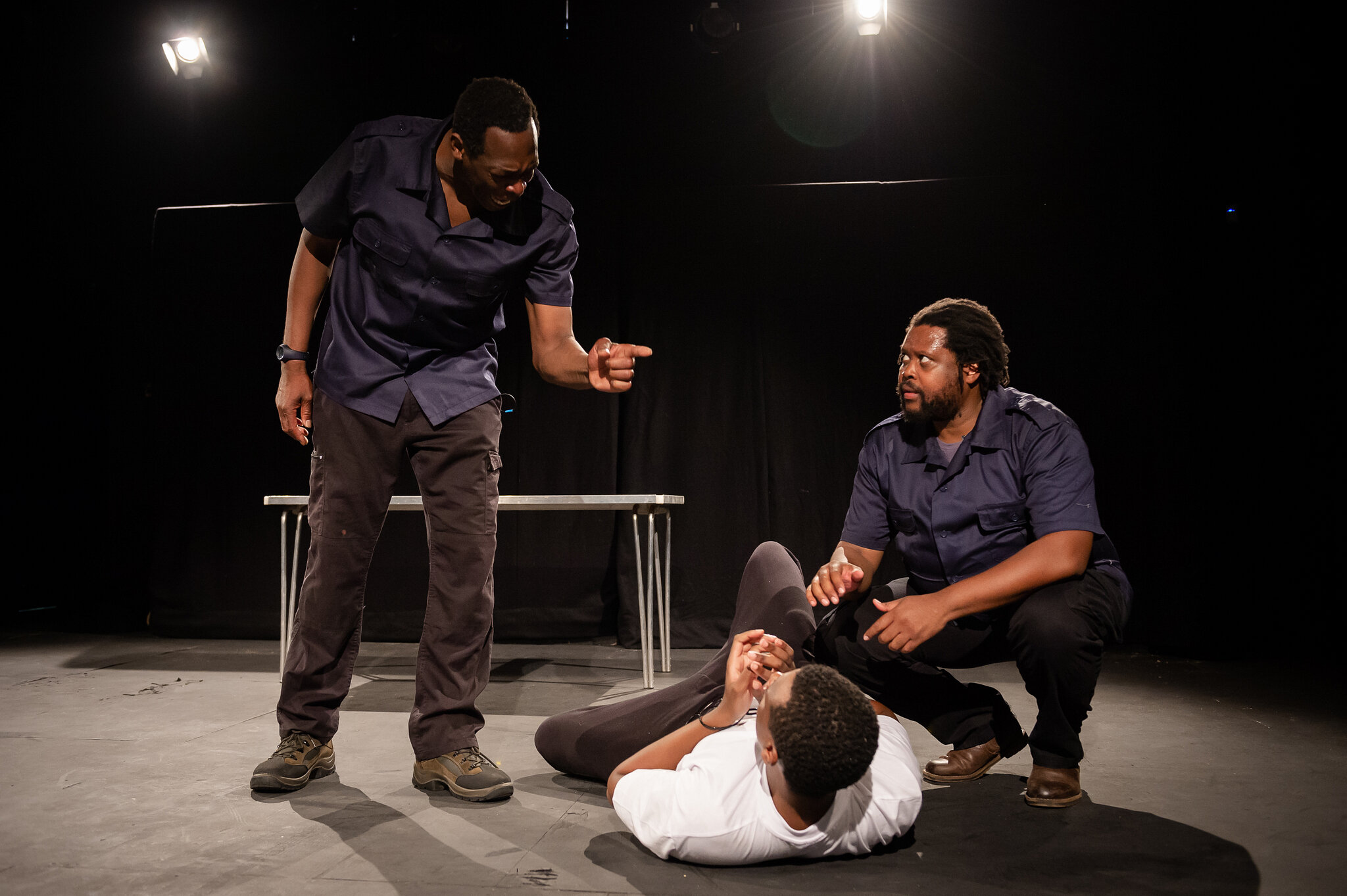
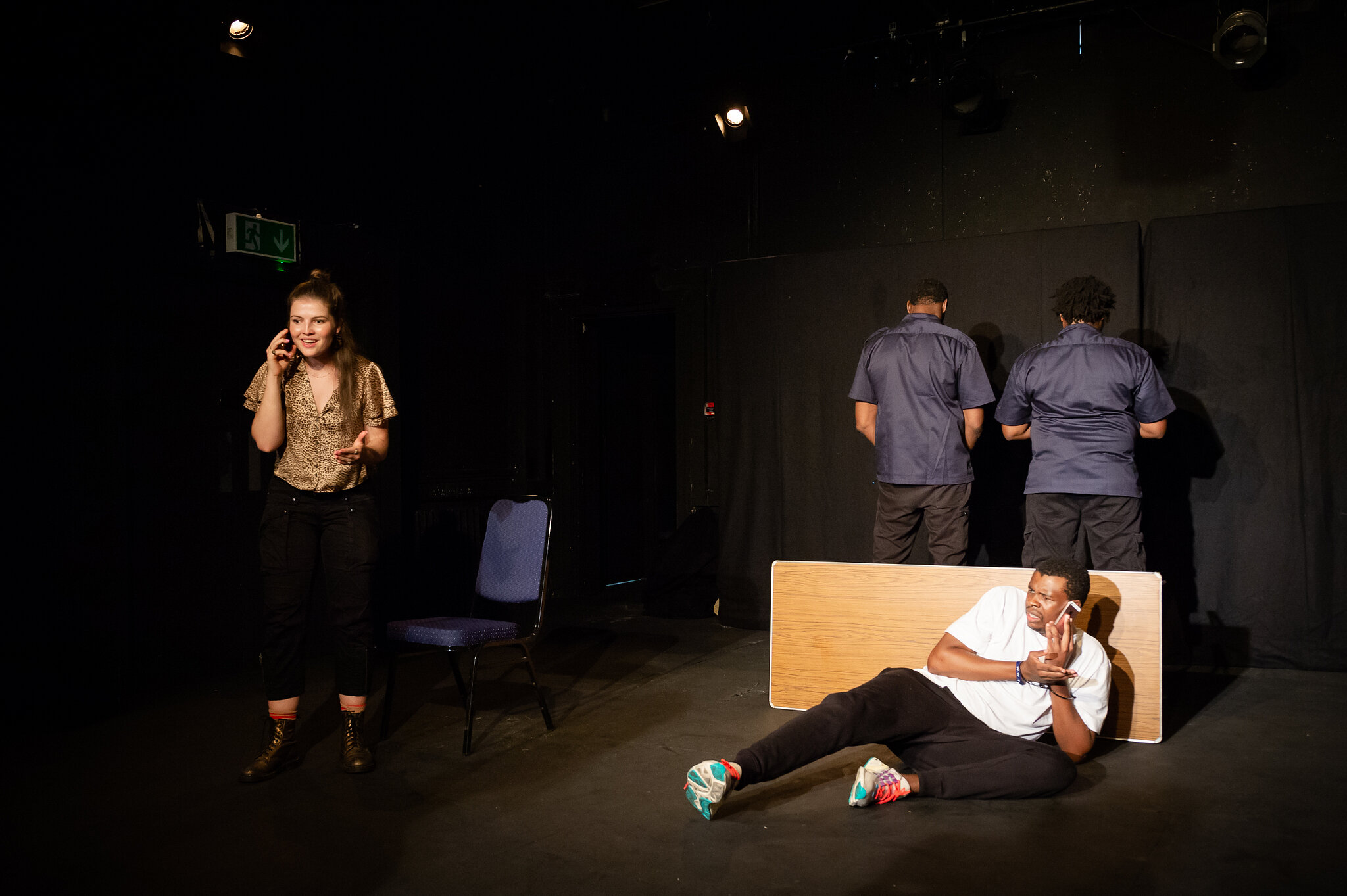
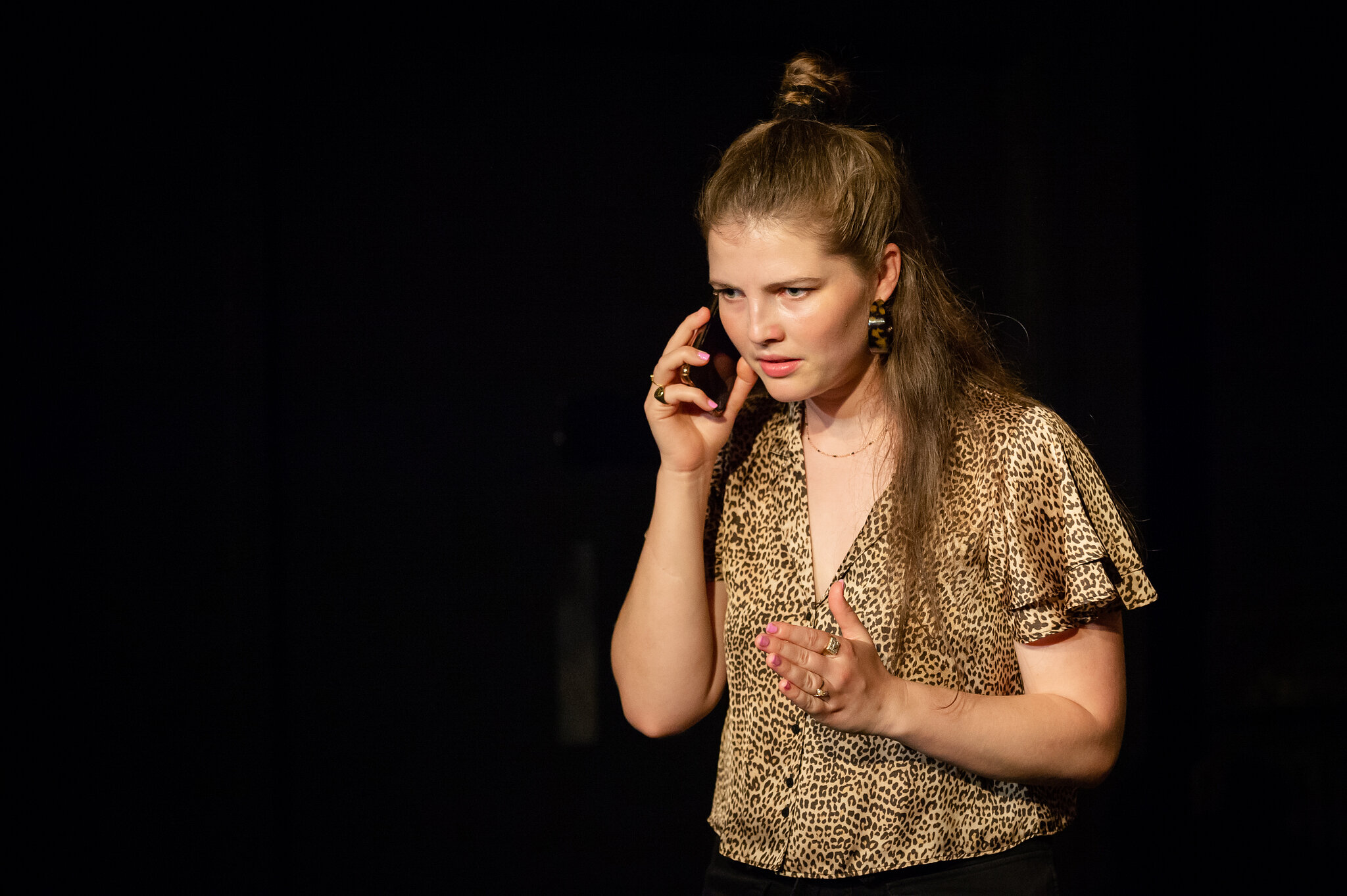
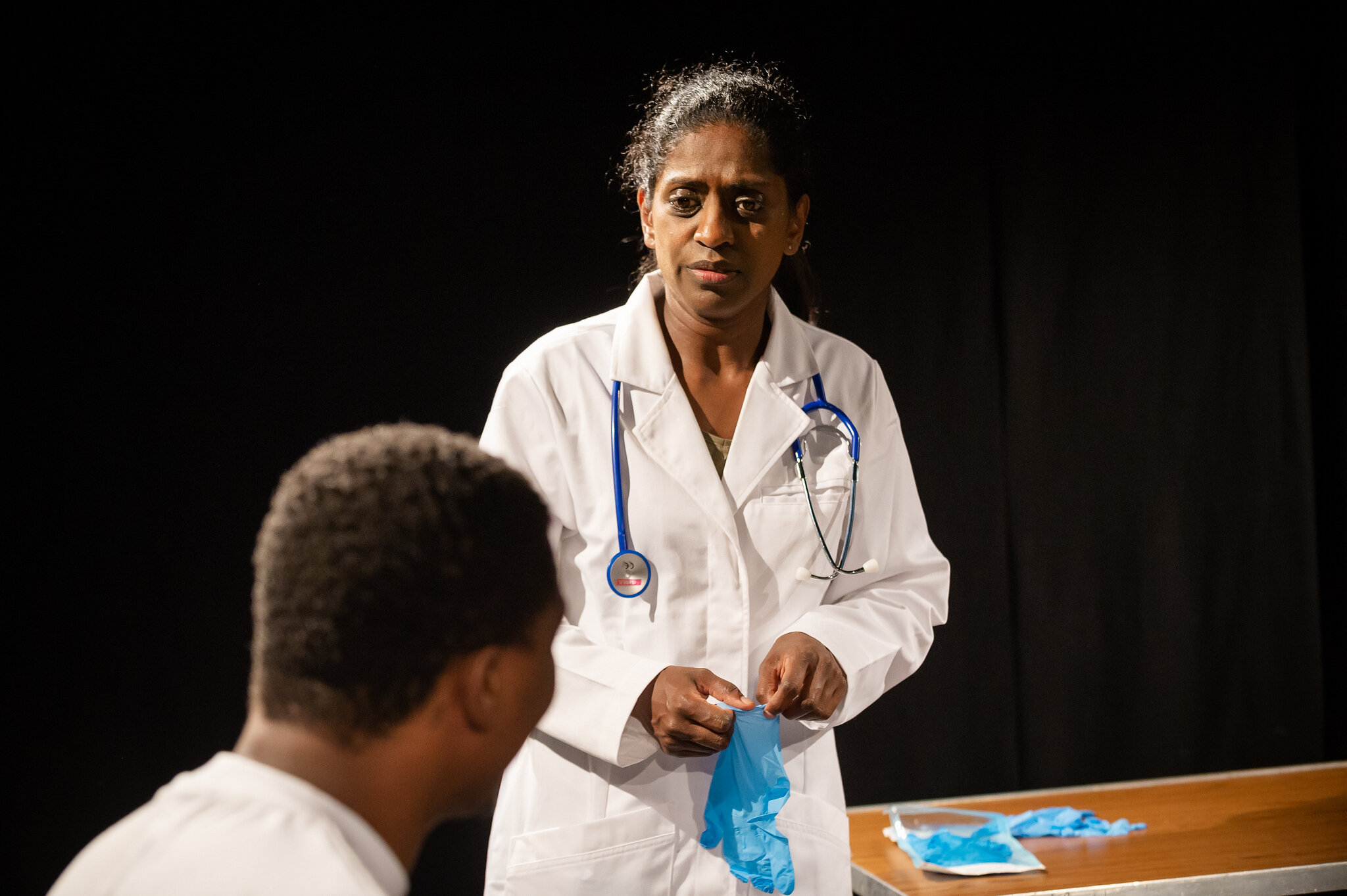
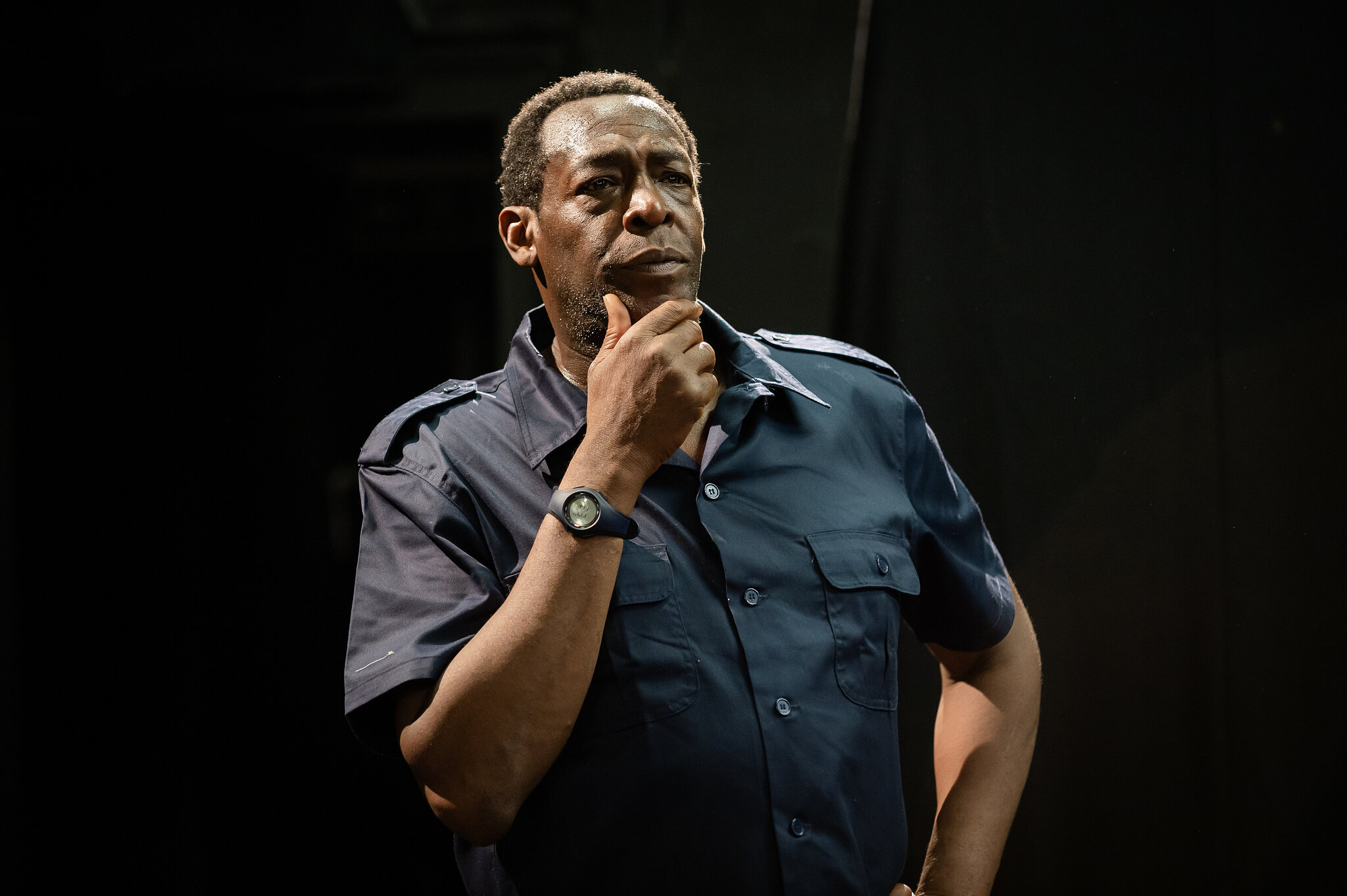
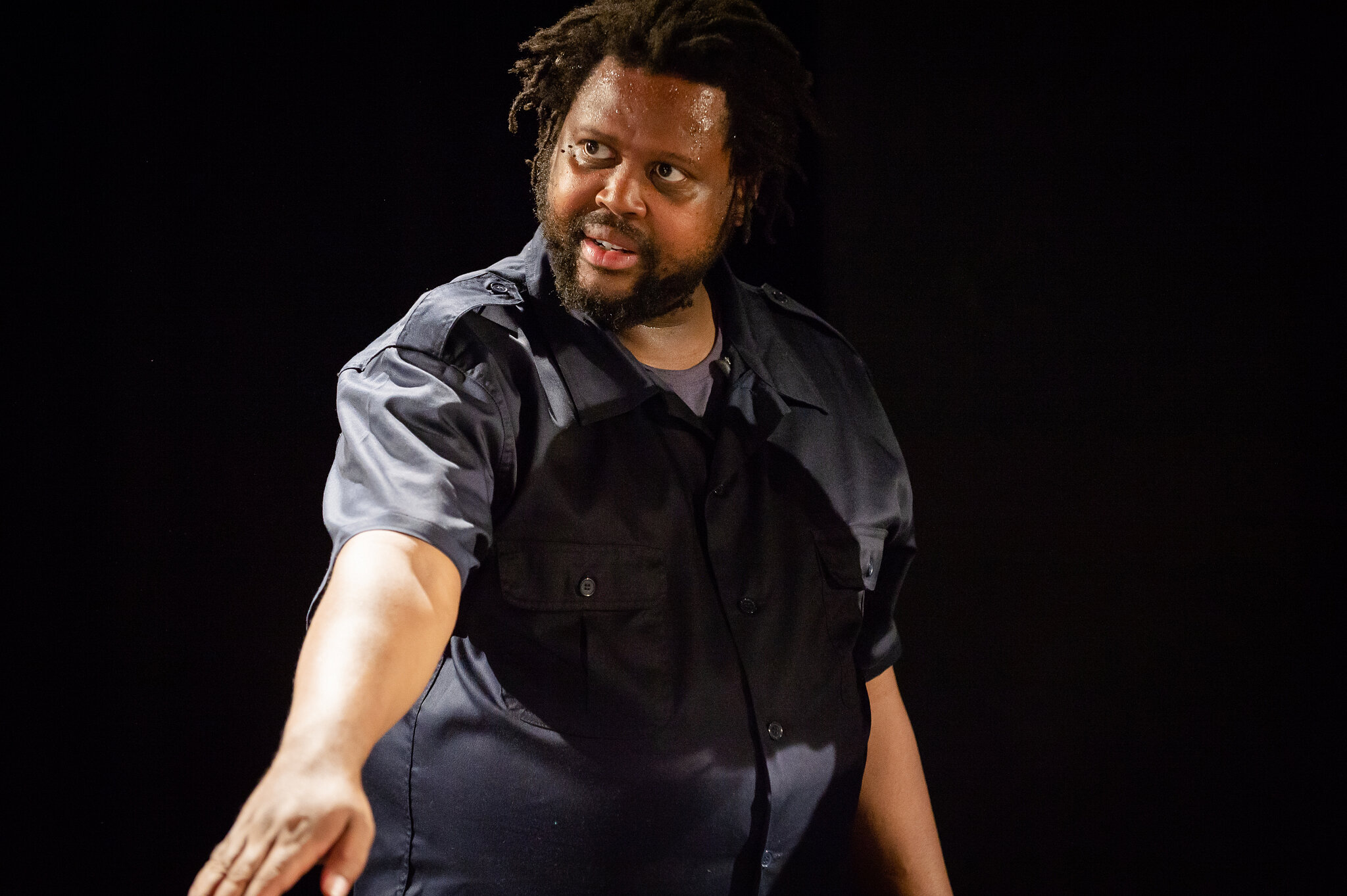
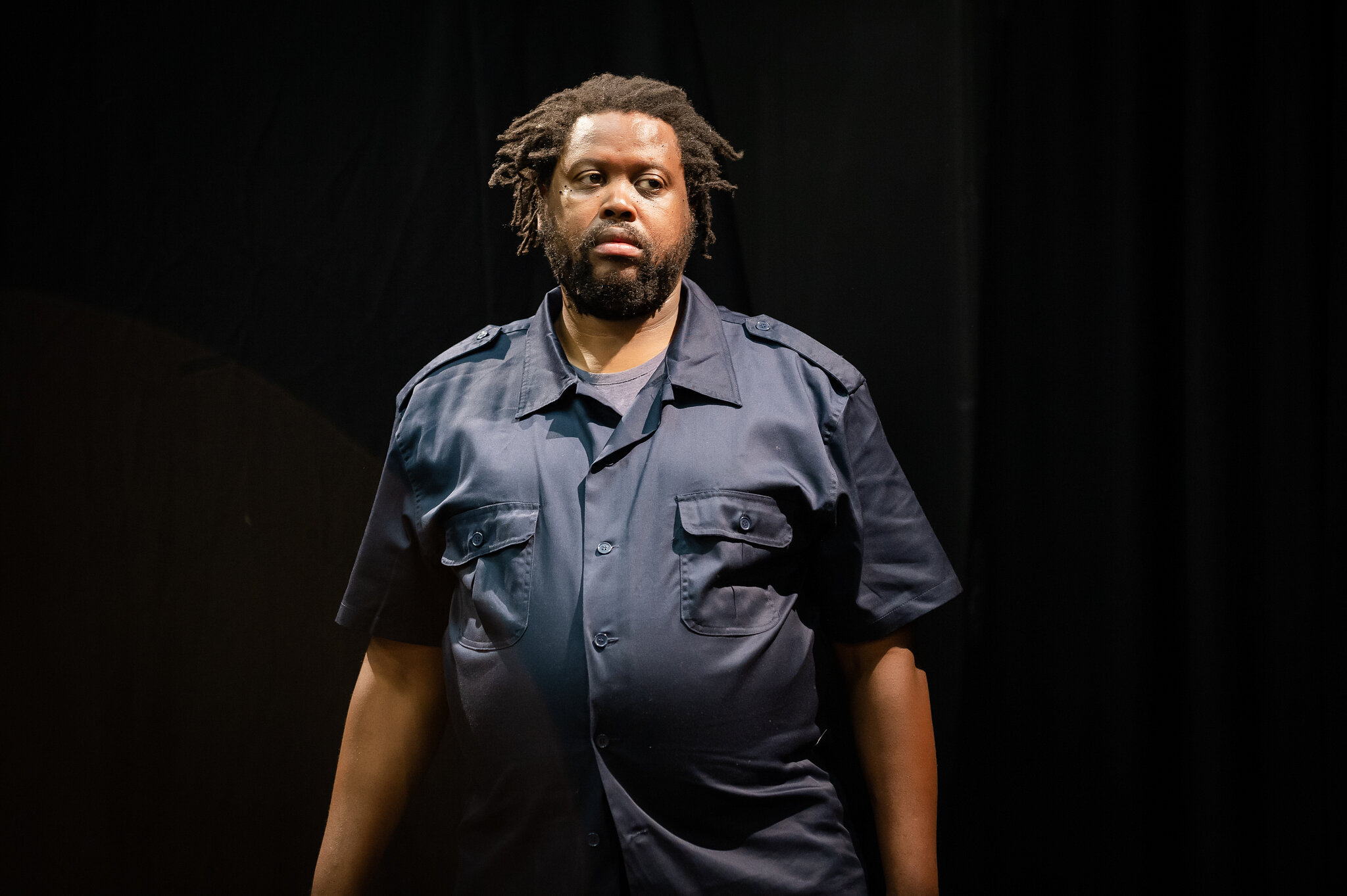
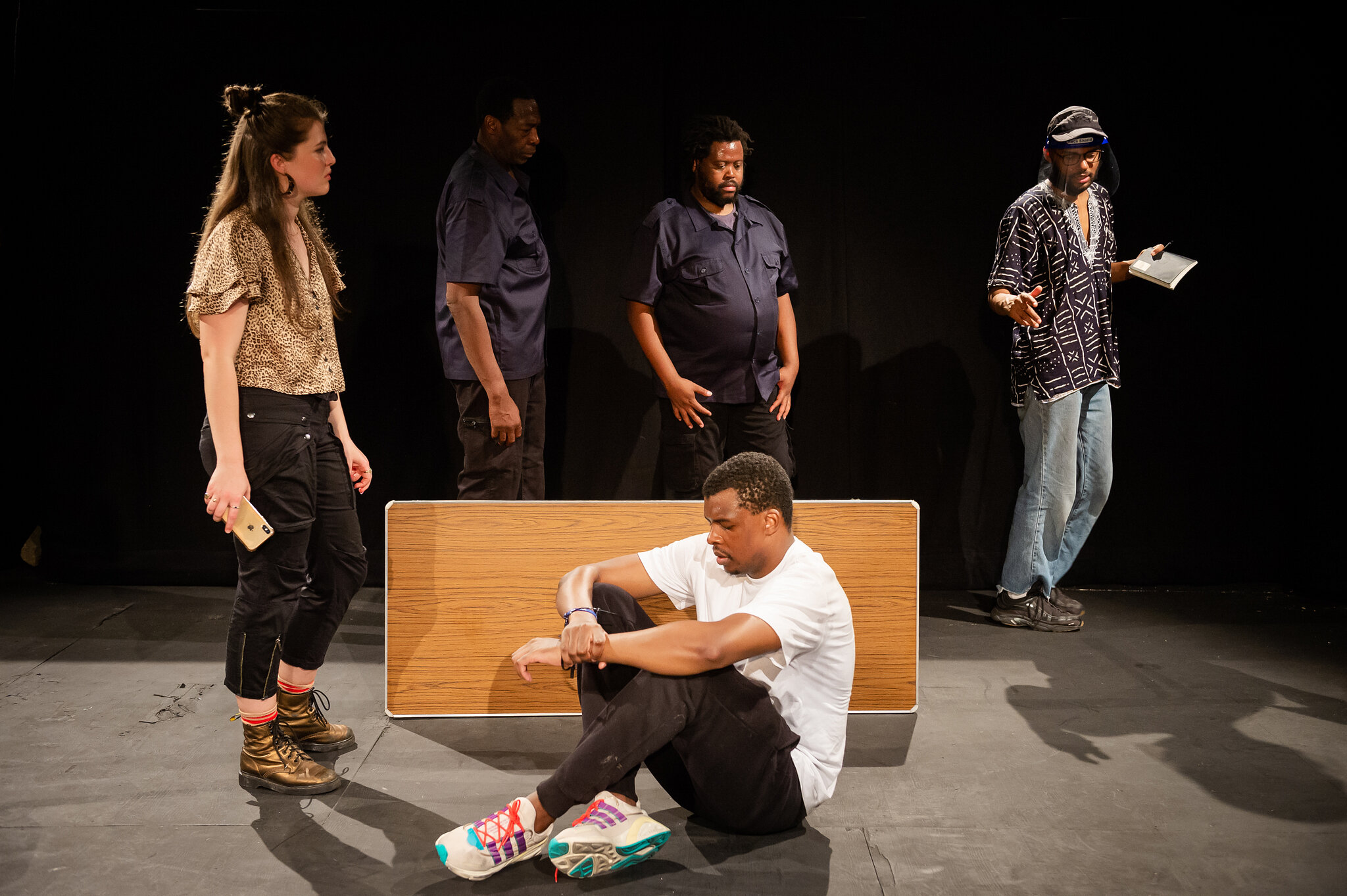
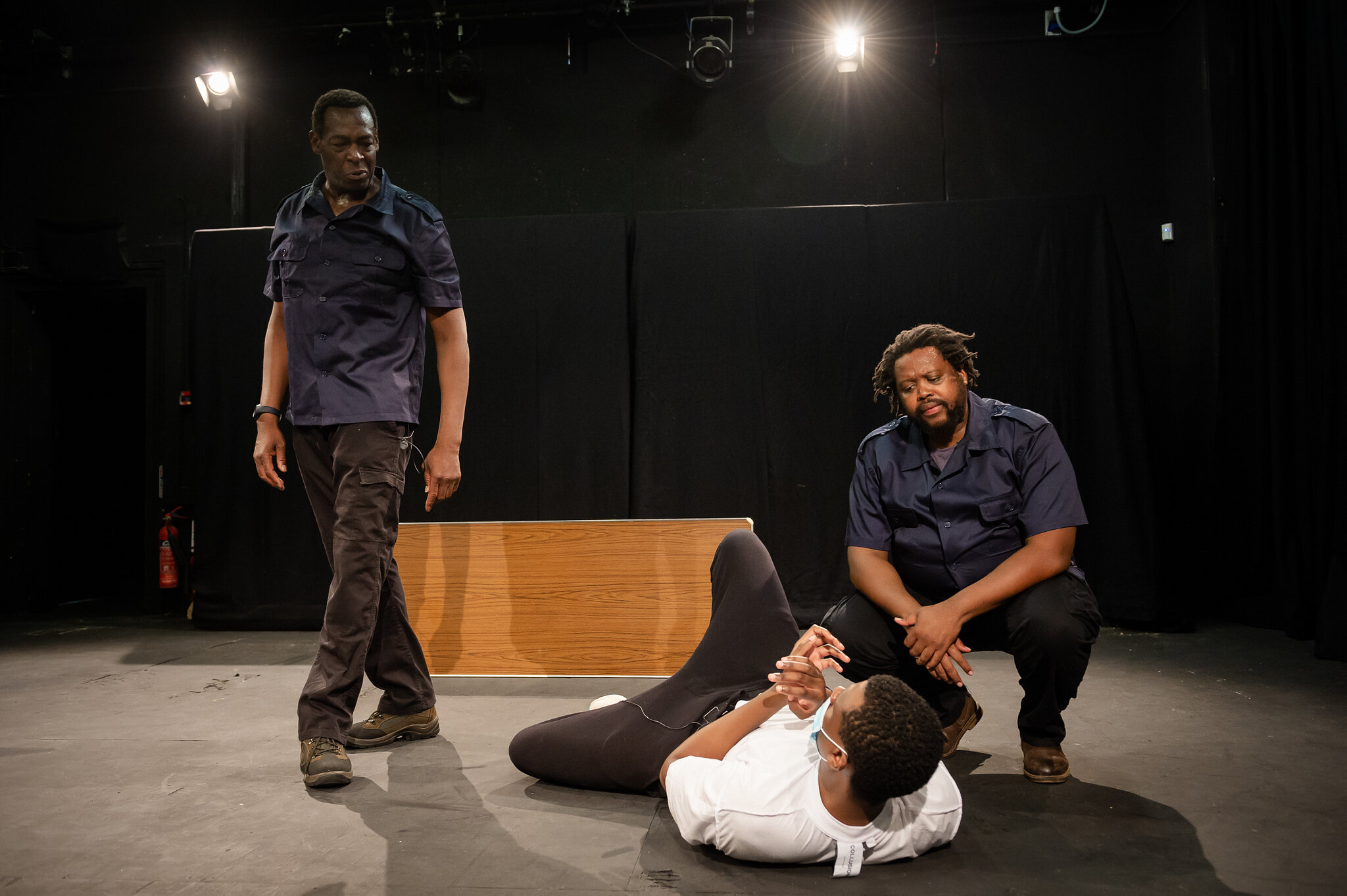
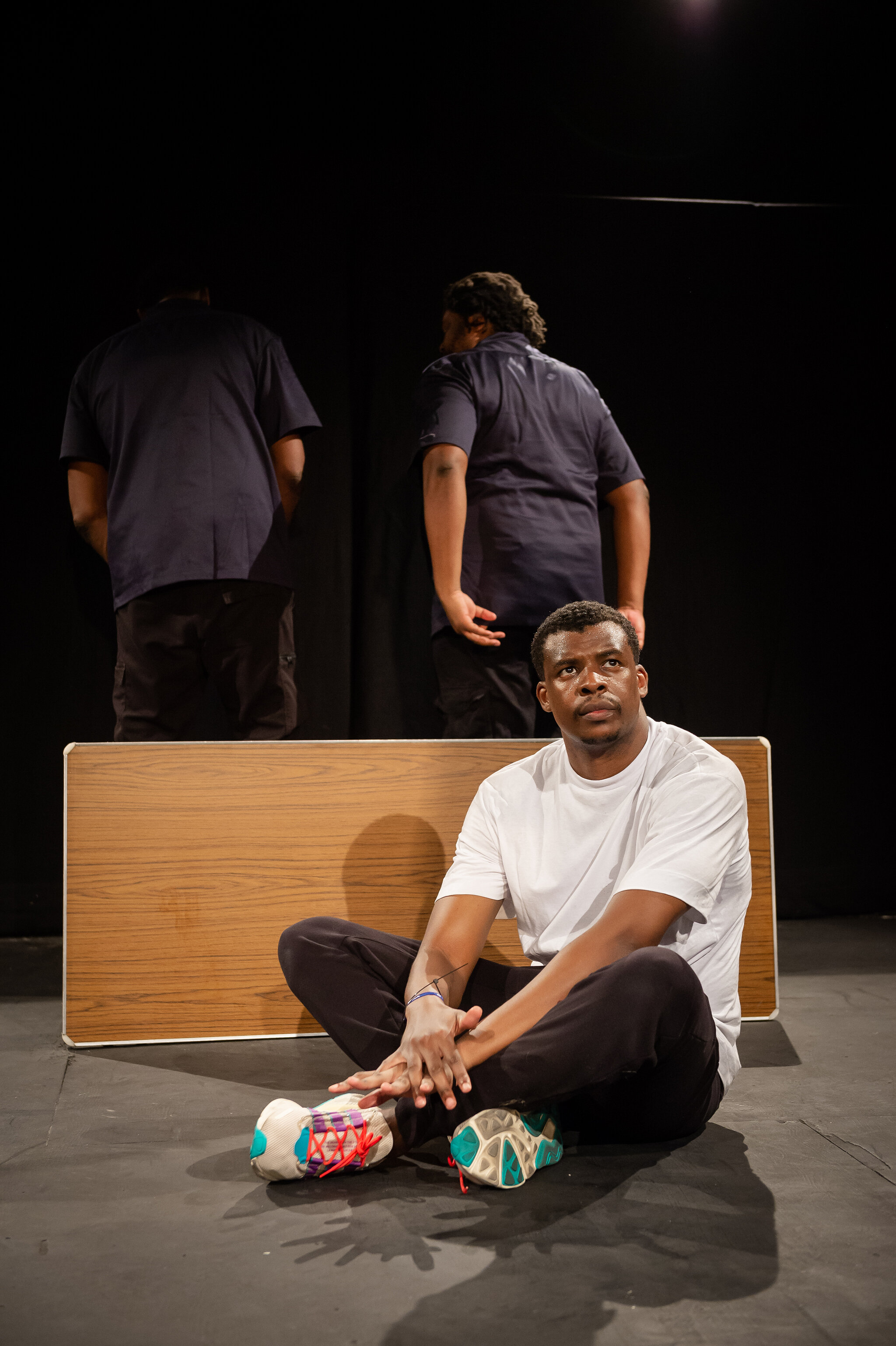
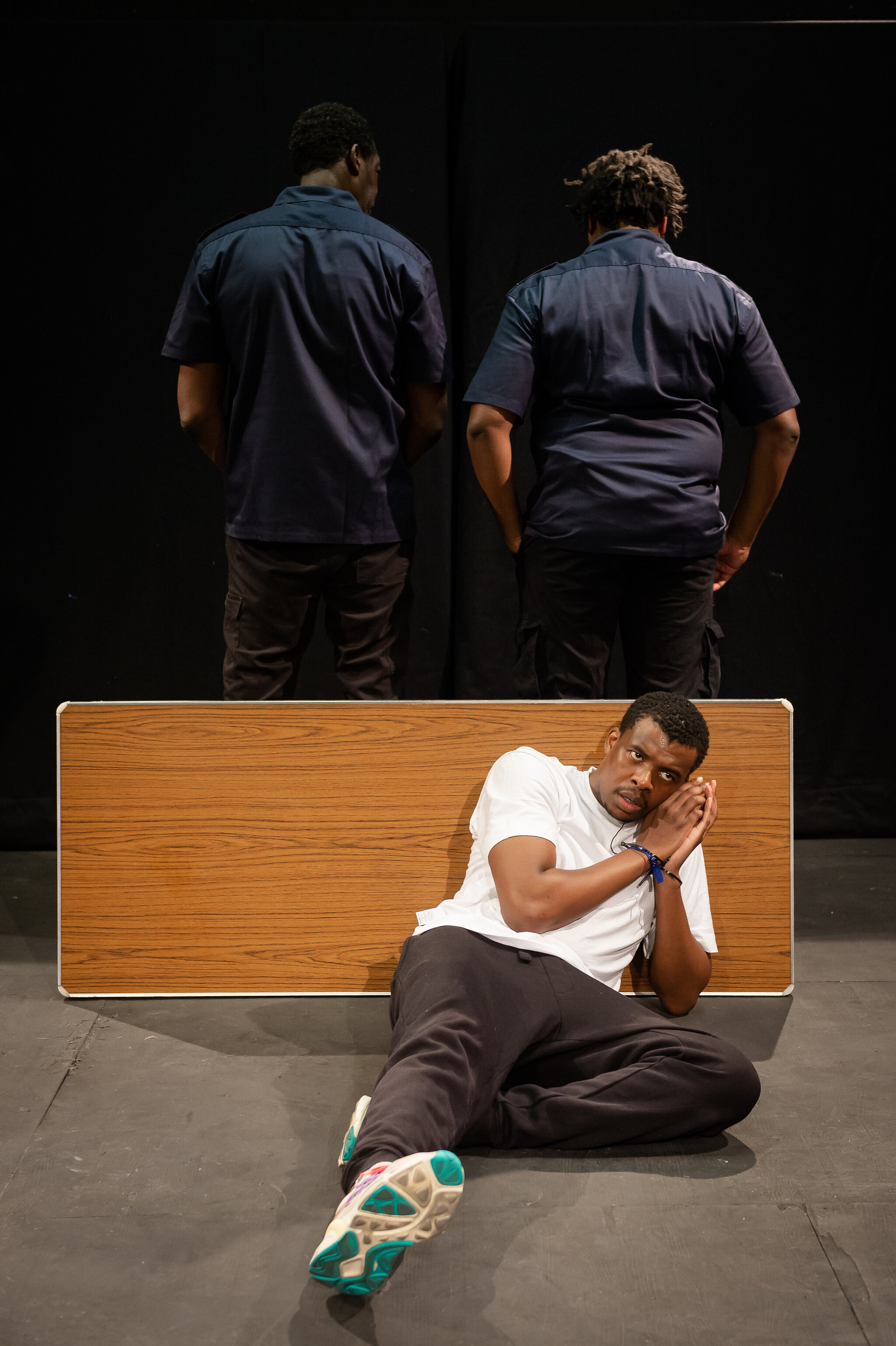
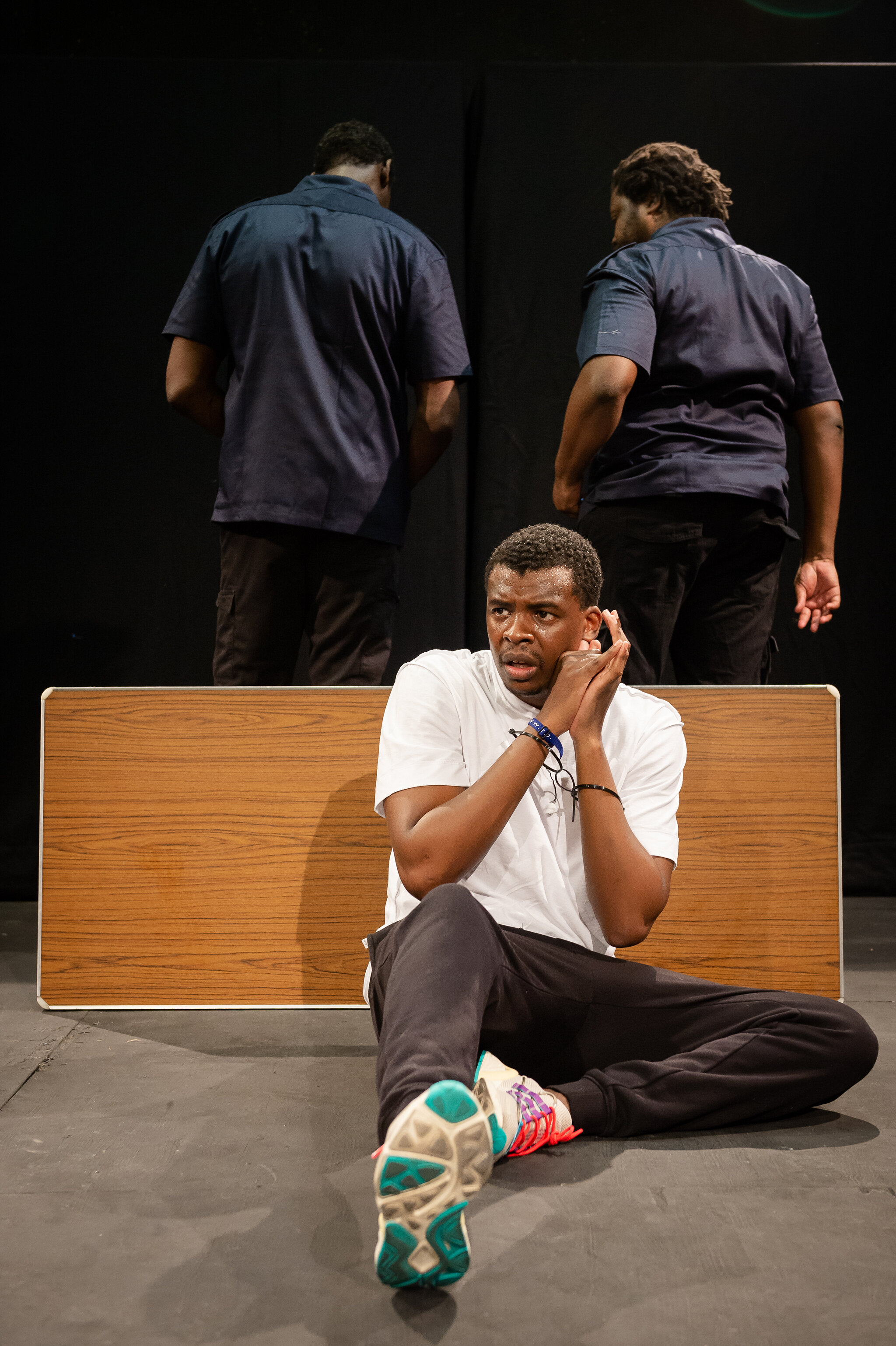
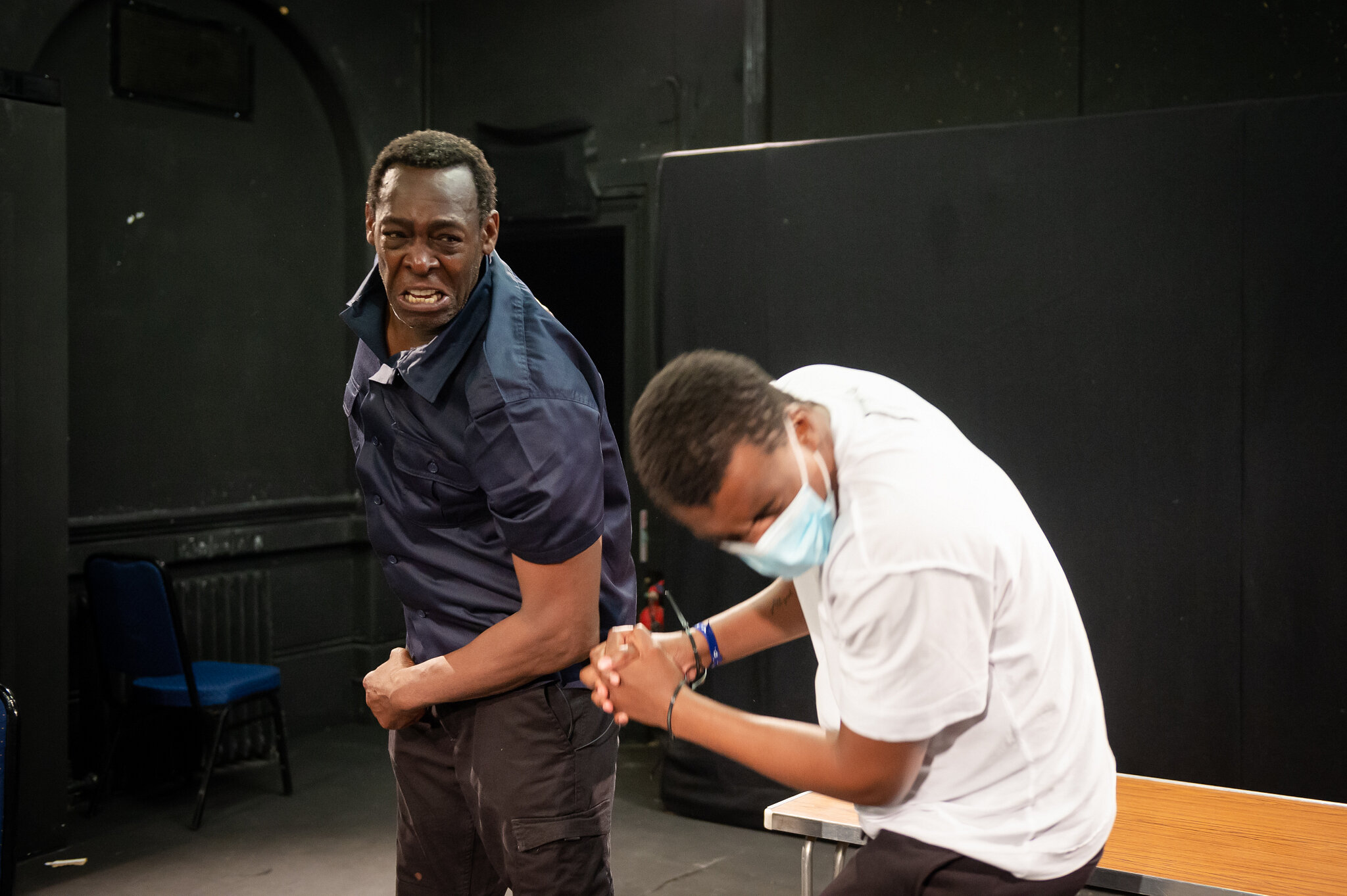

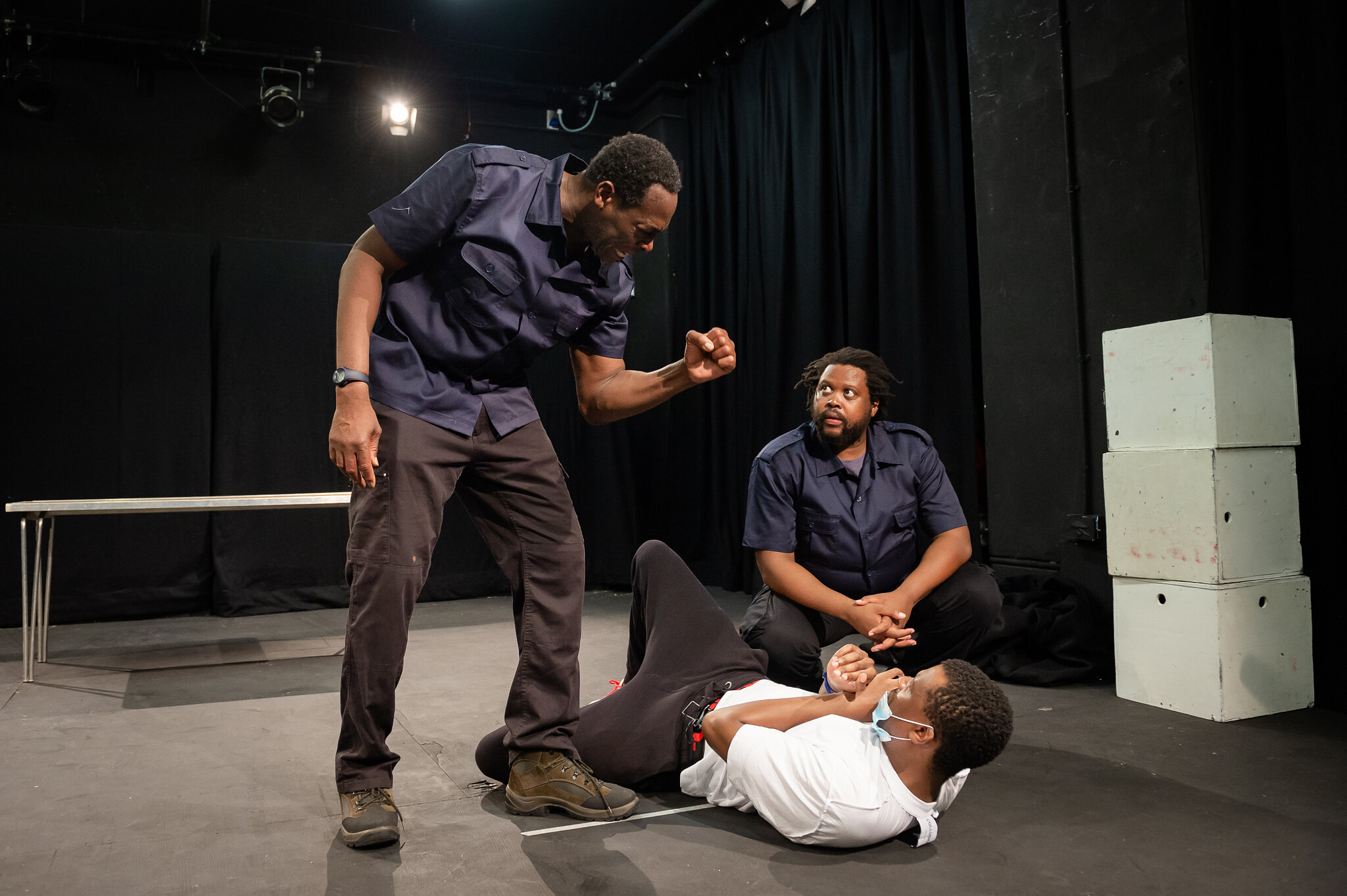
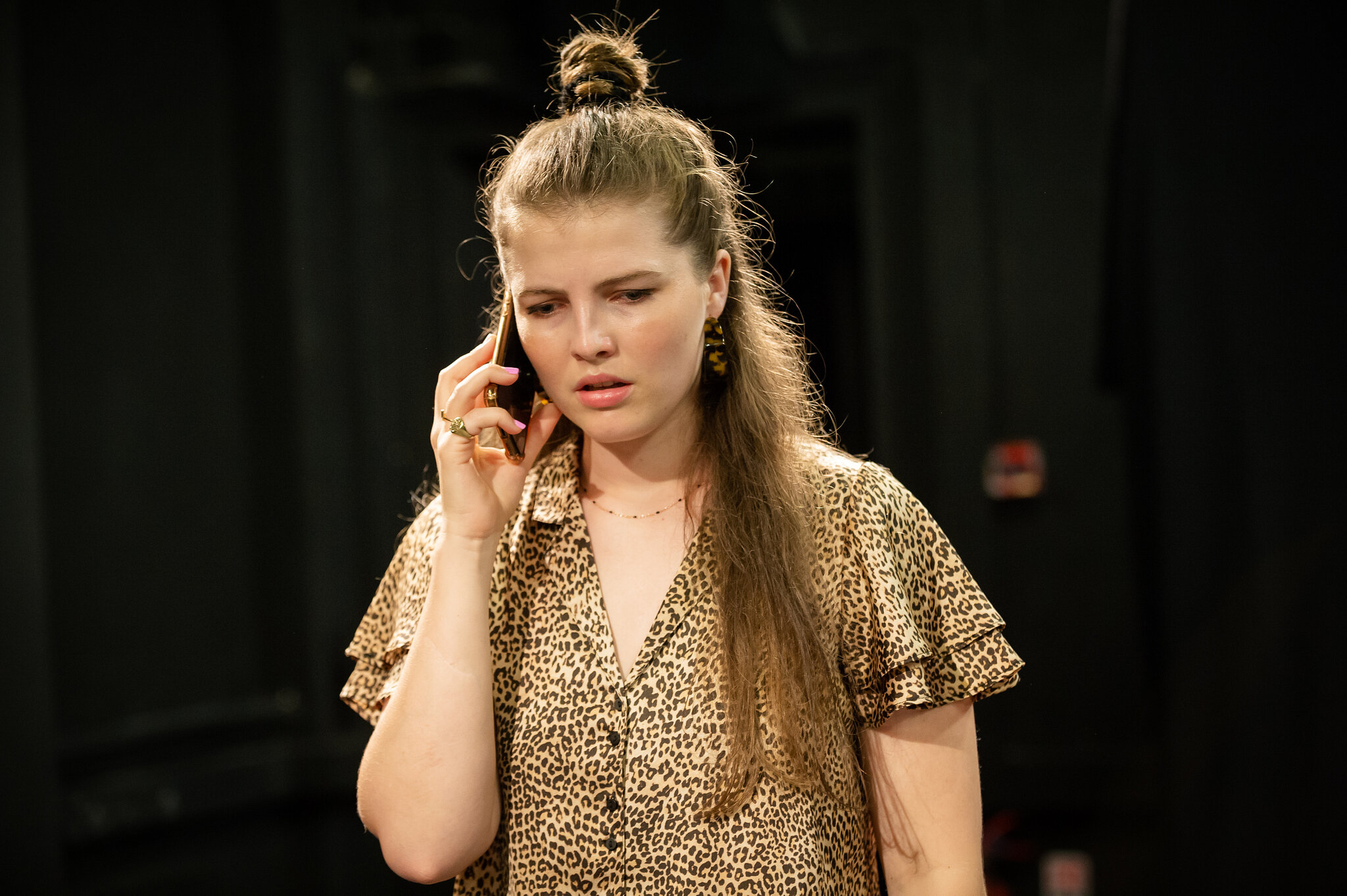
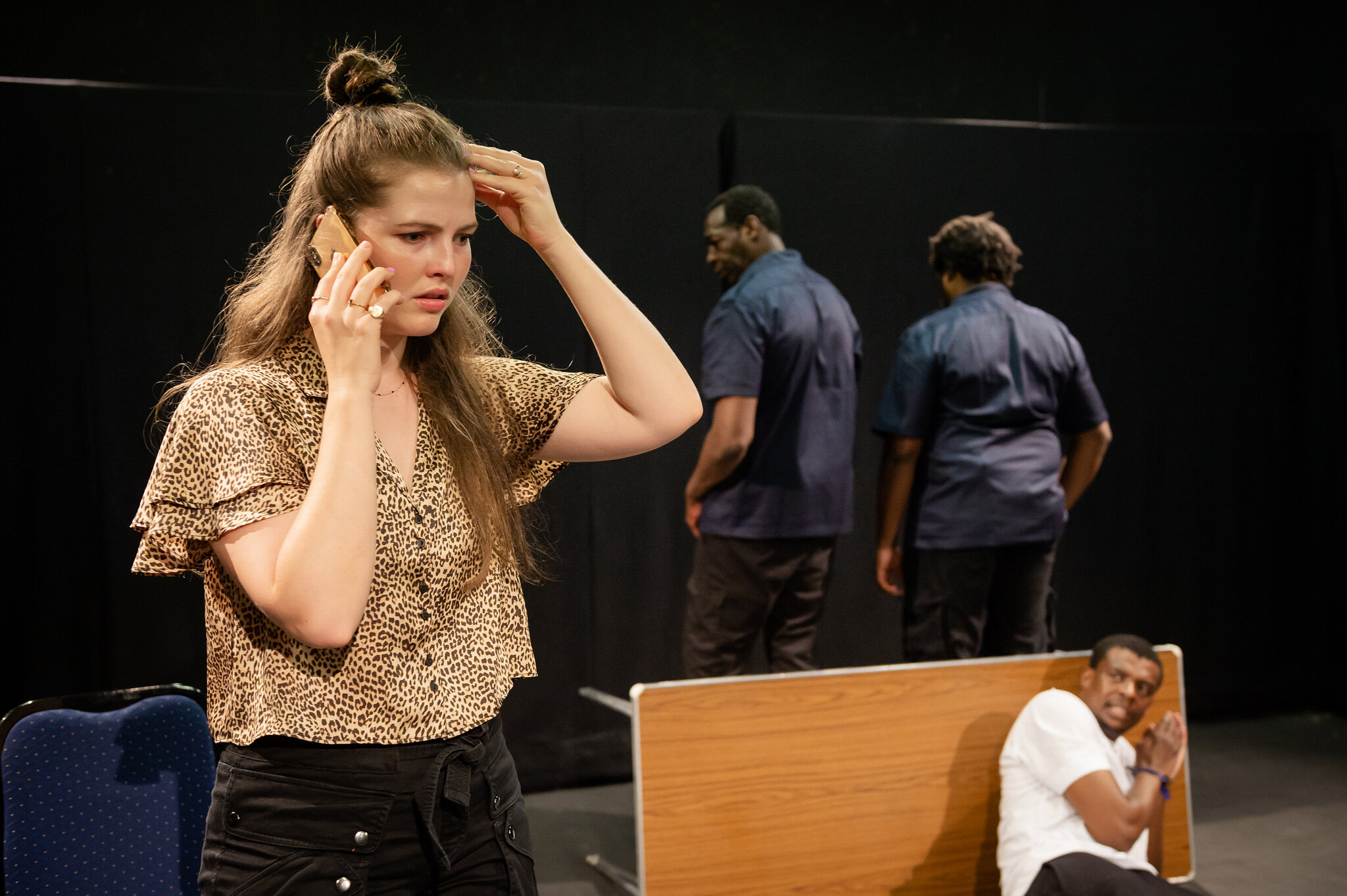
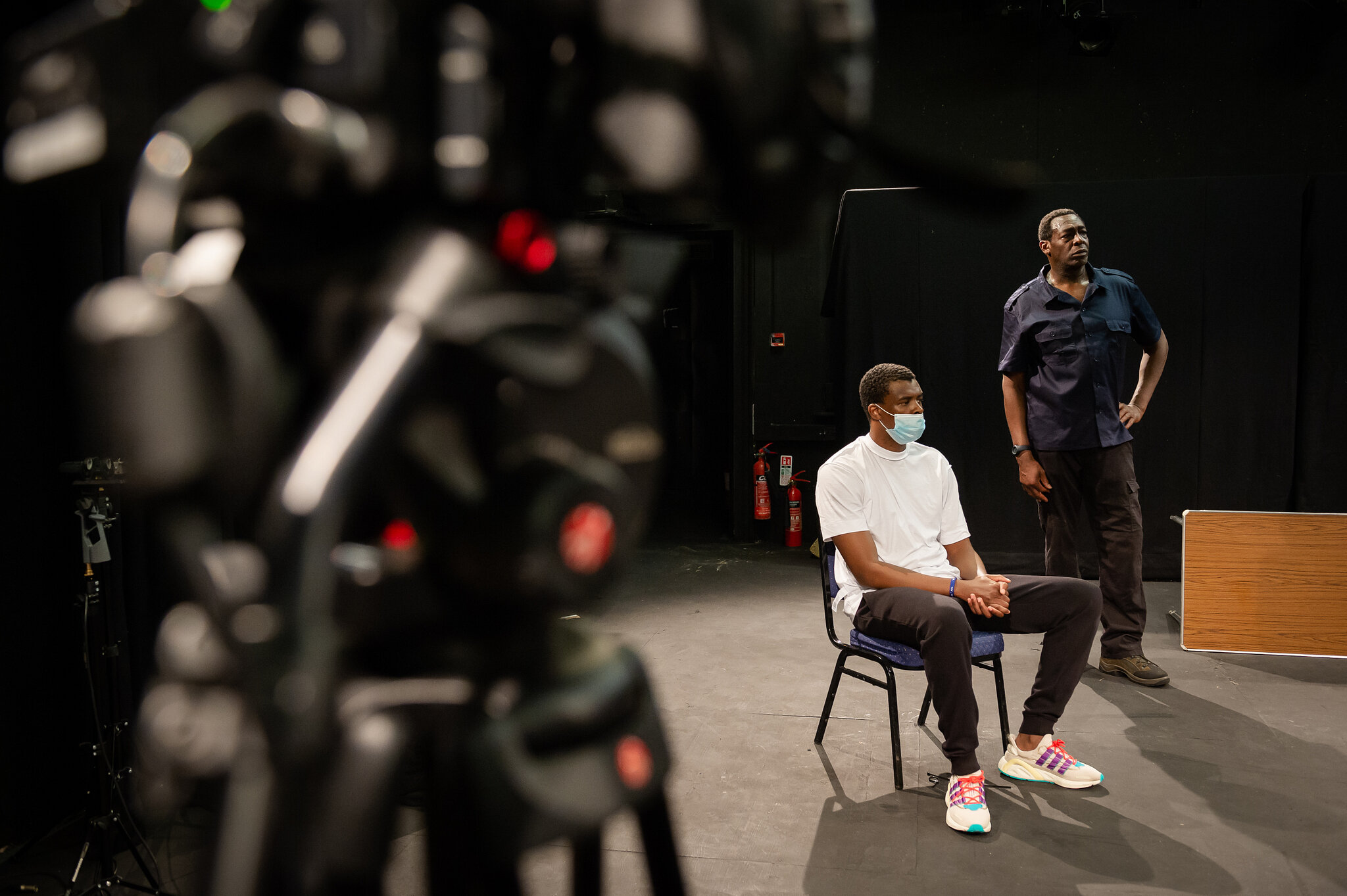


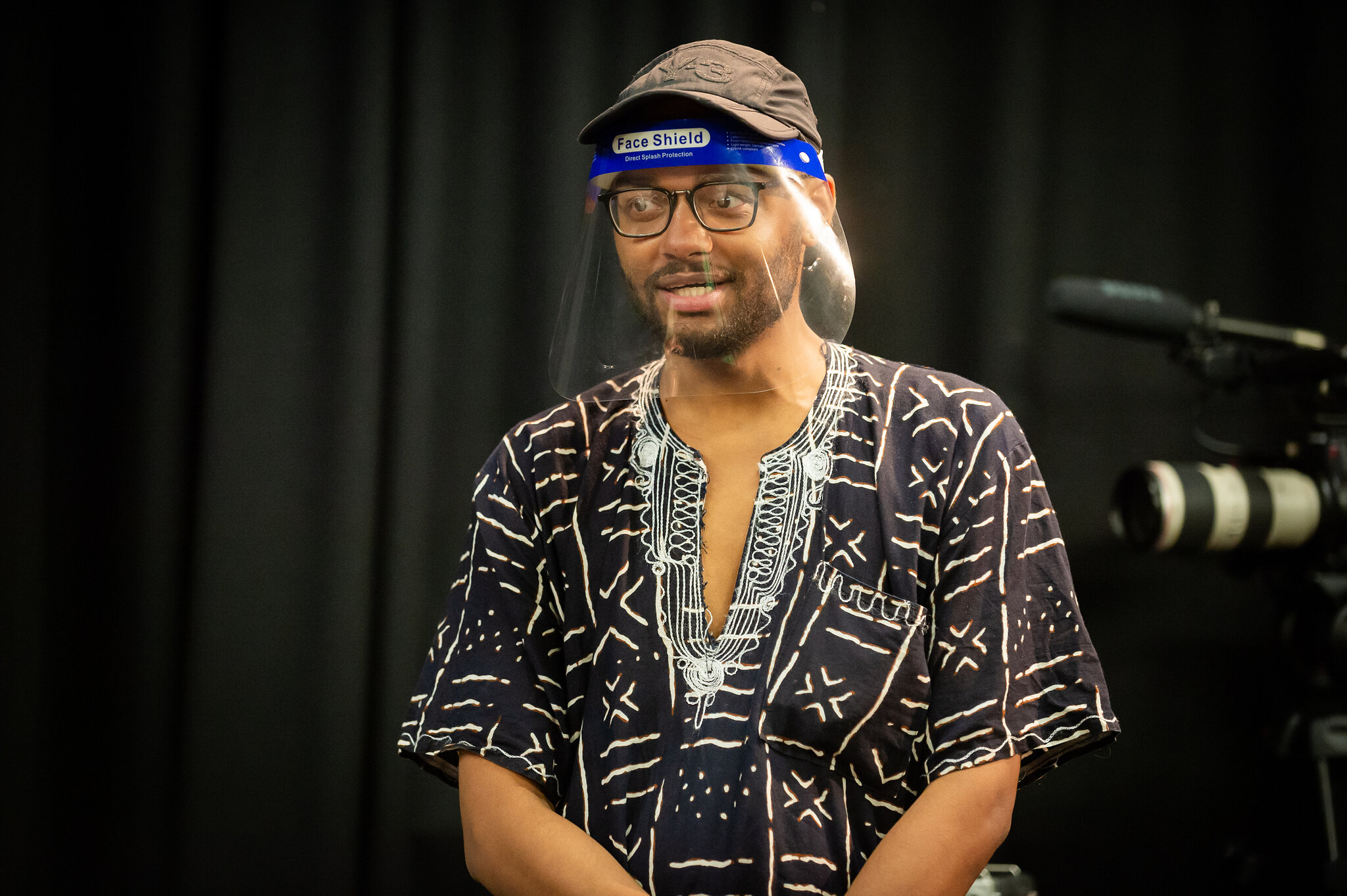
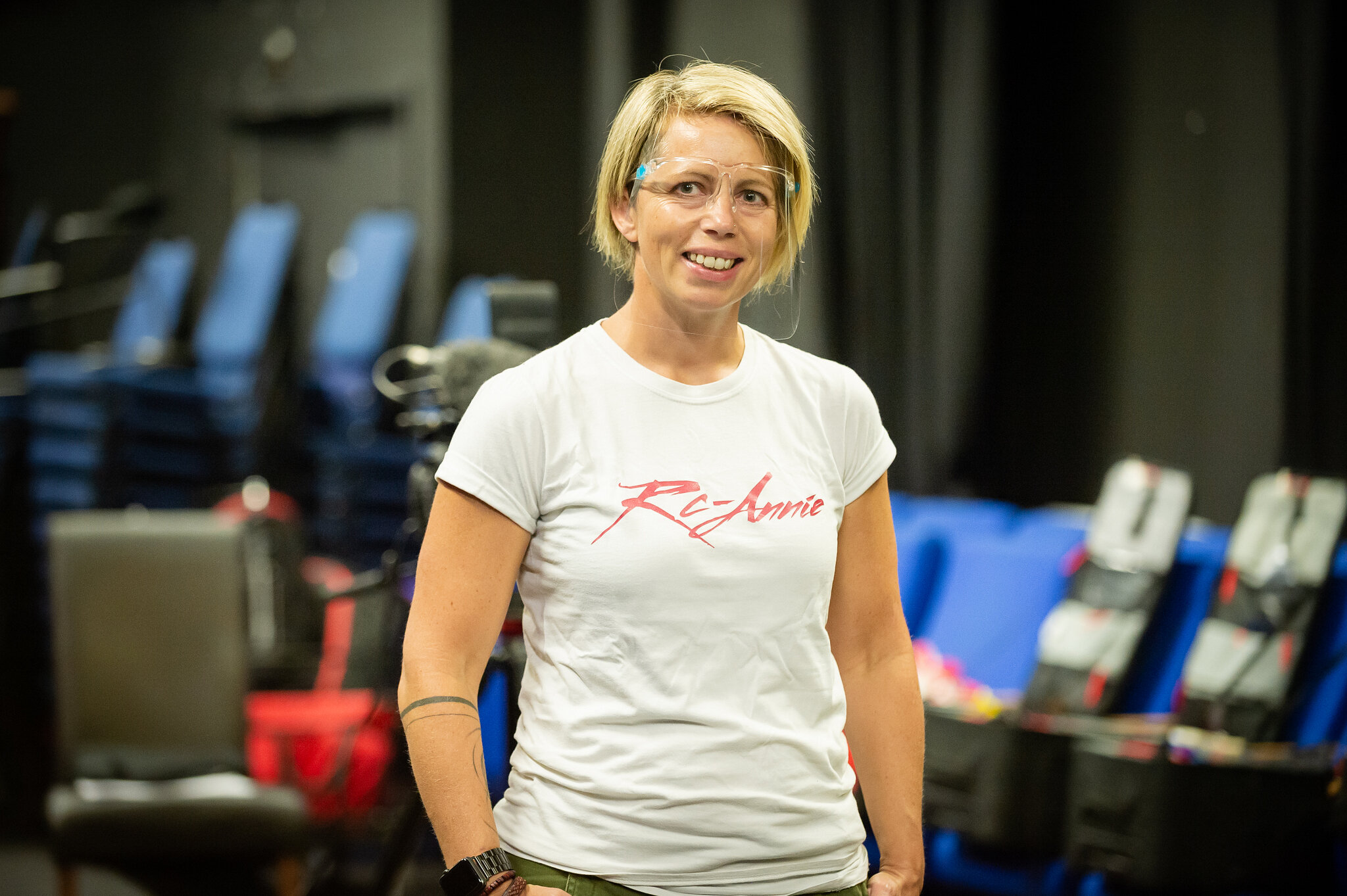
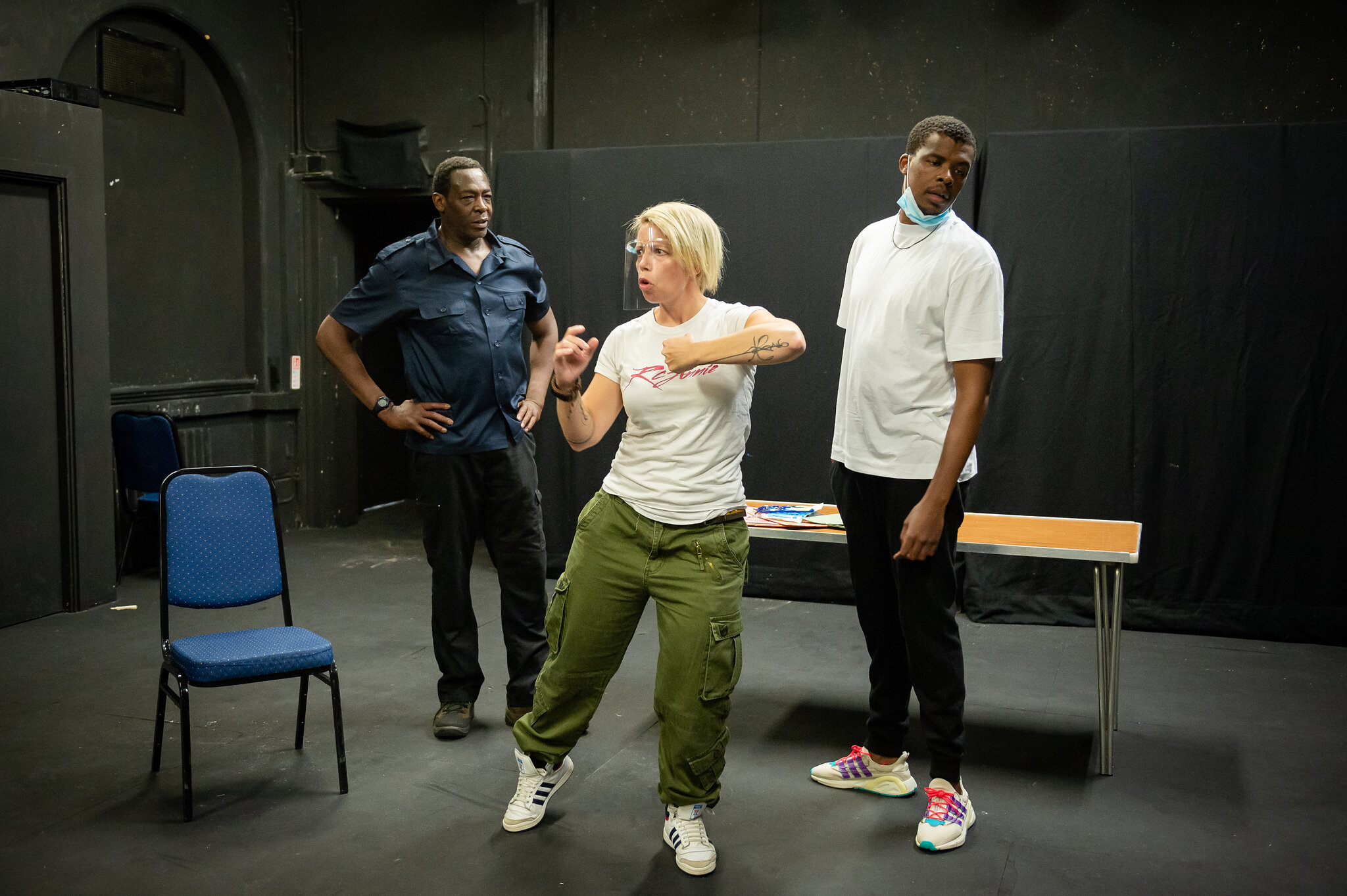
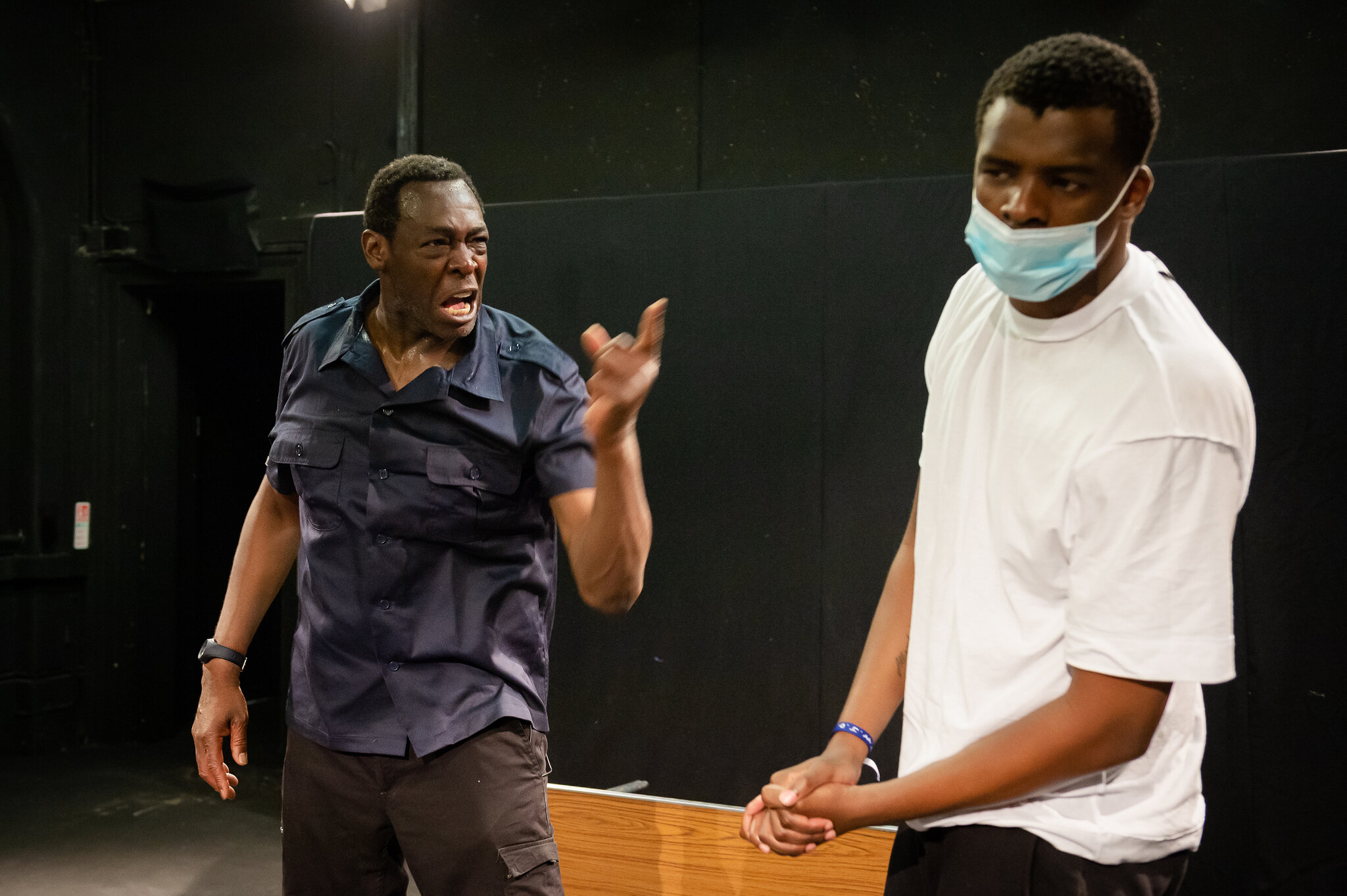
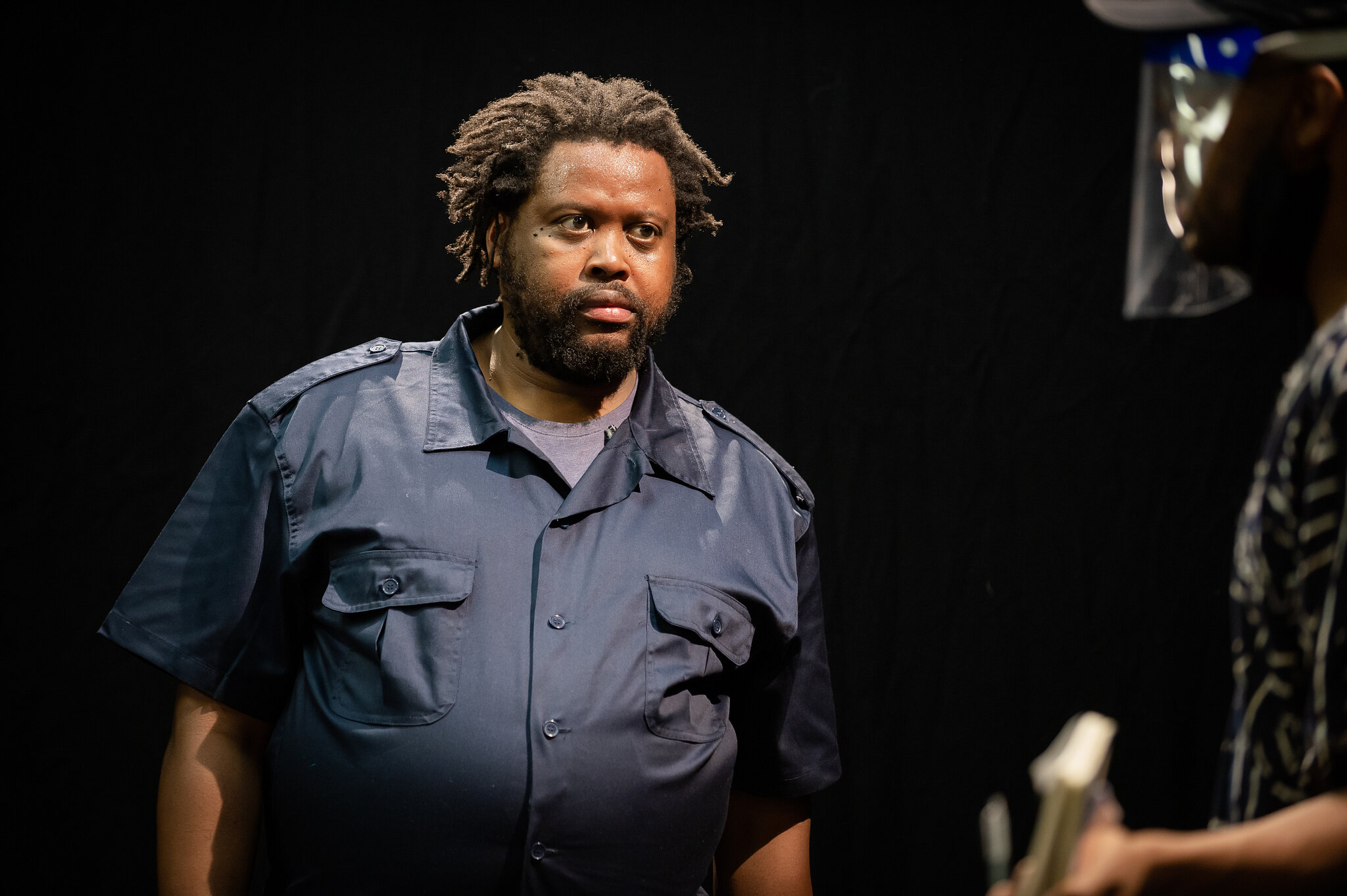
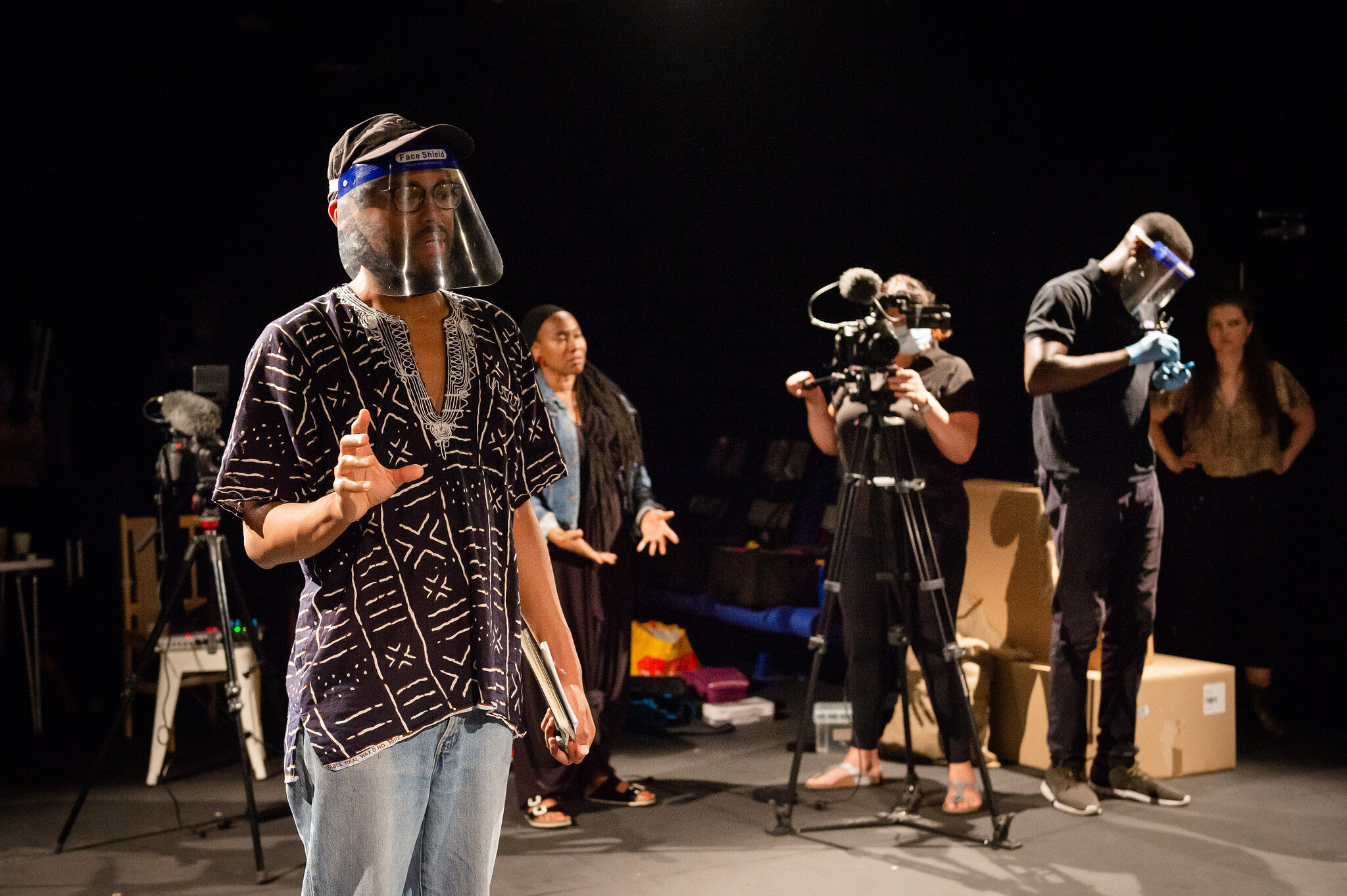
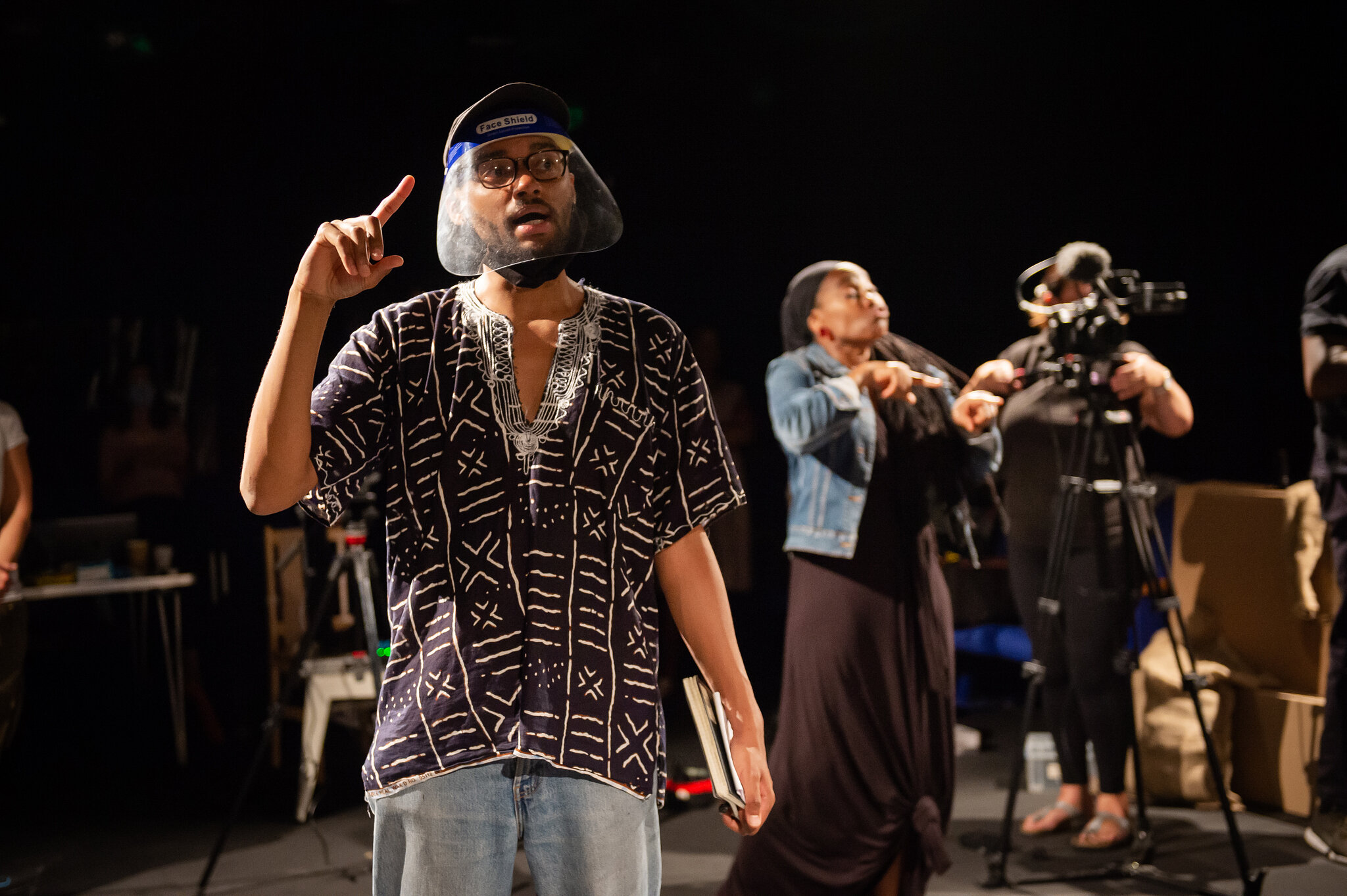
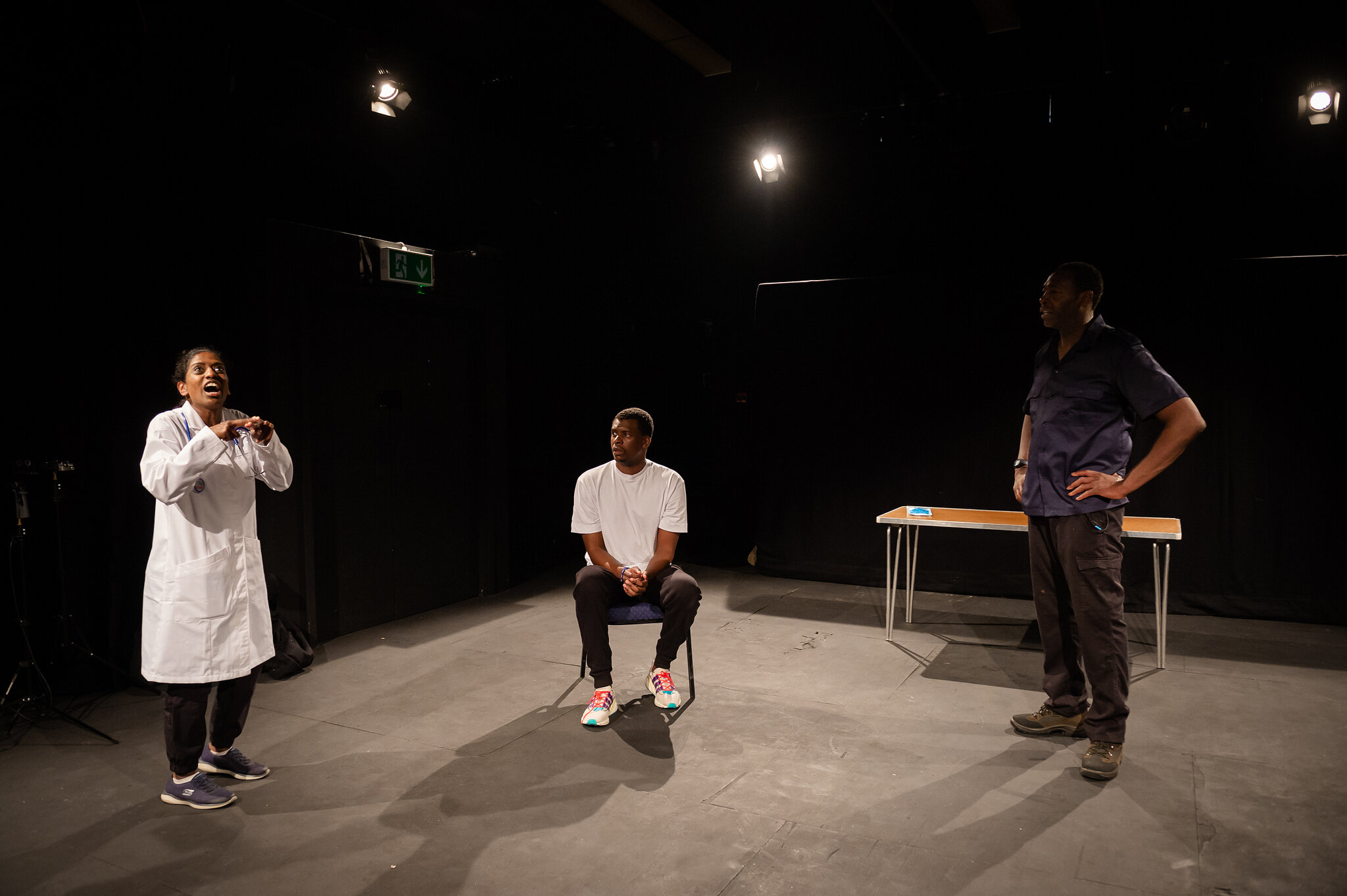
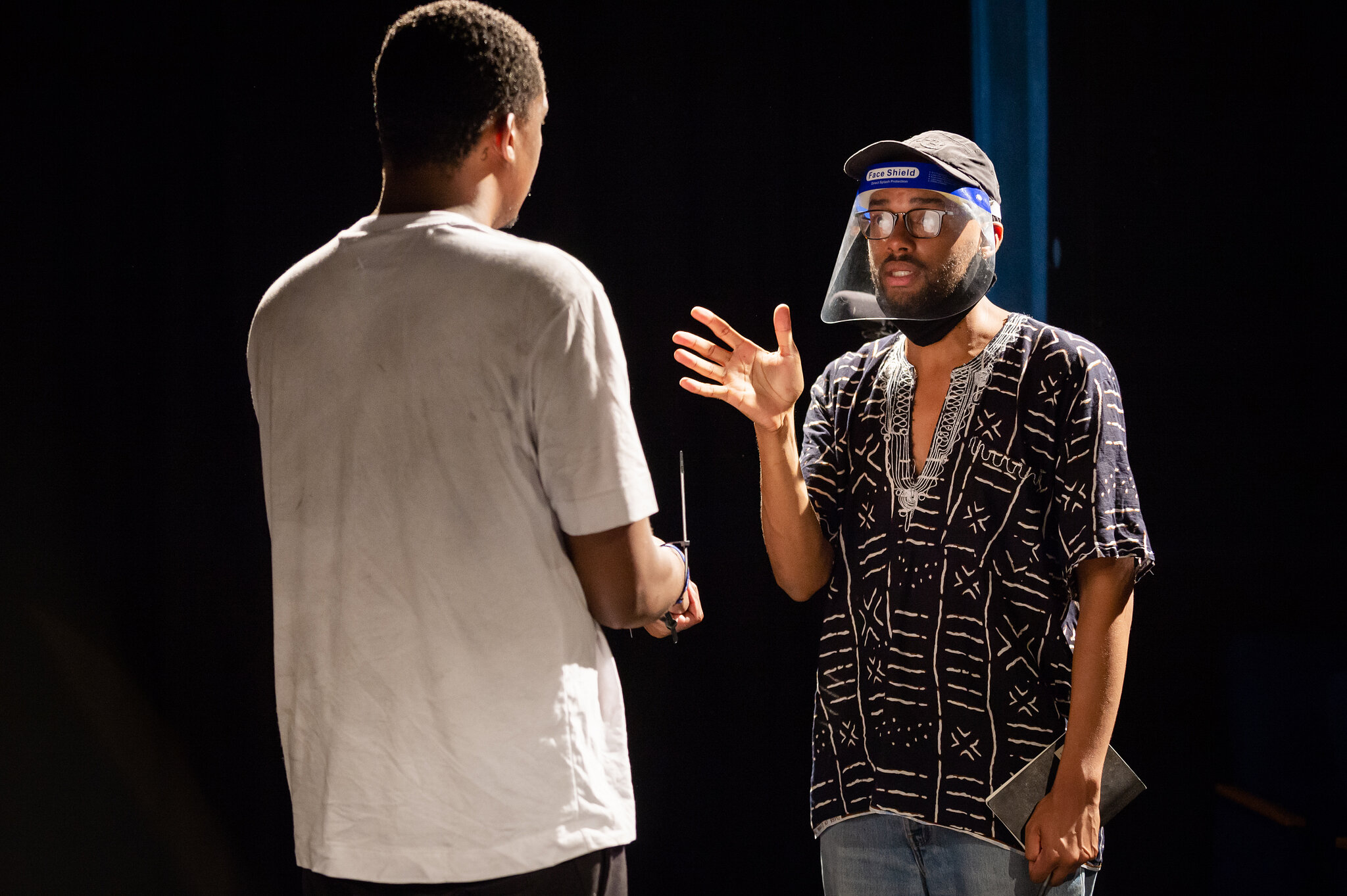
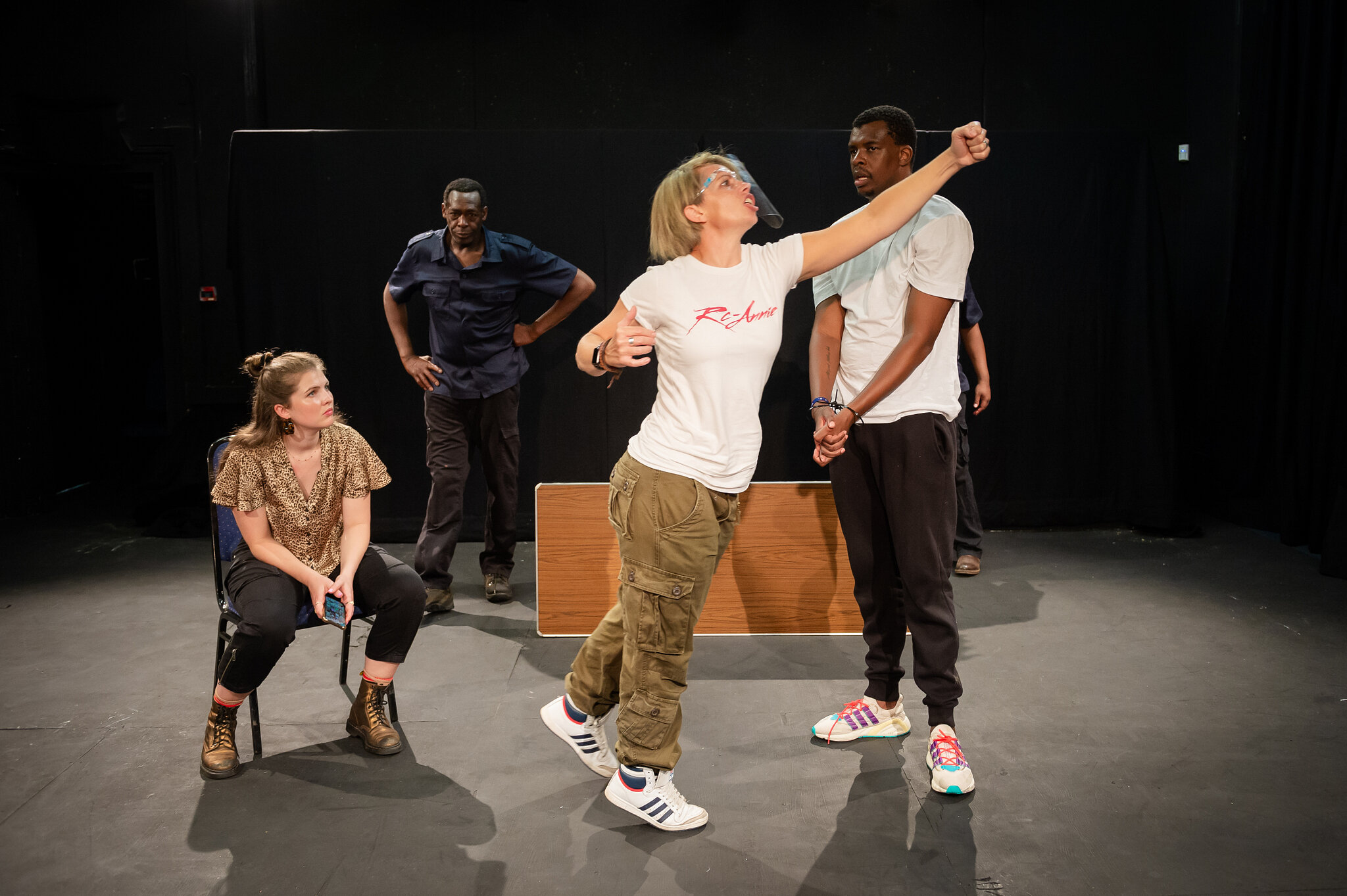
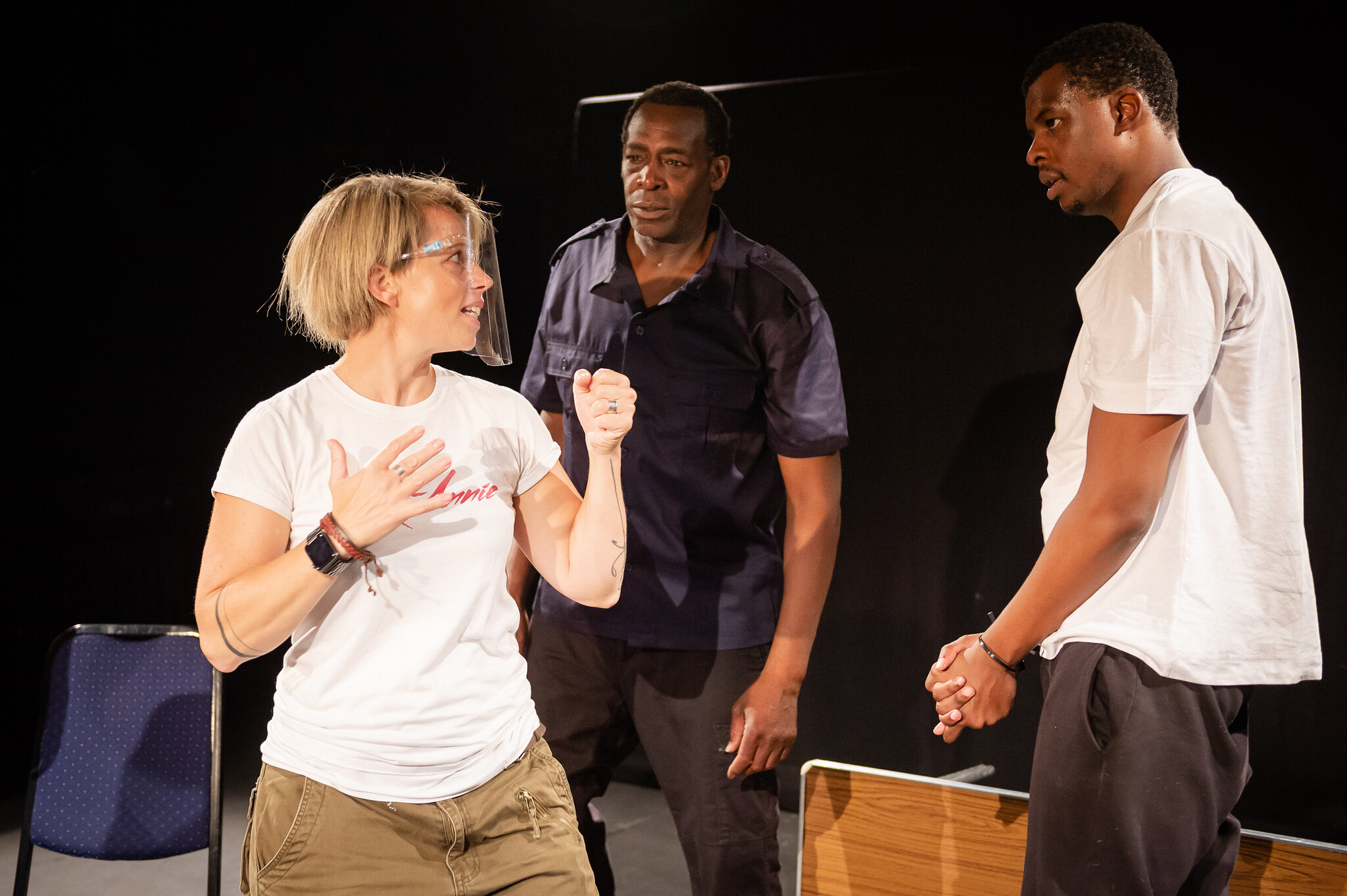
Cast and Creatives
Almiro Andrade
Resource Writer
Sibusiso Mamba
Actor

